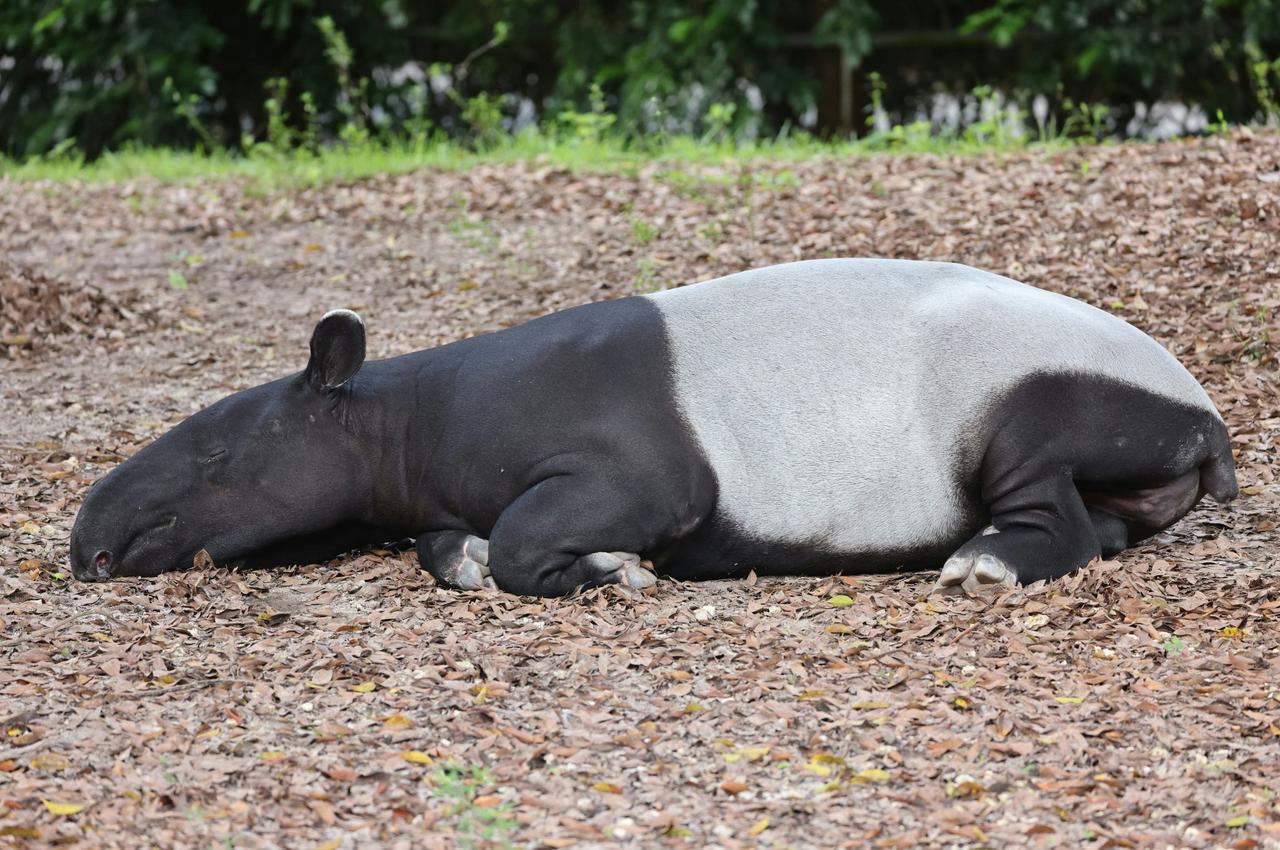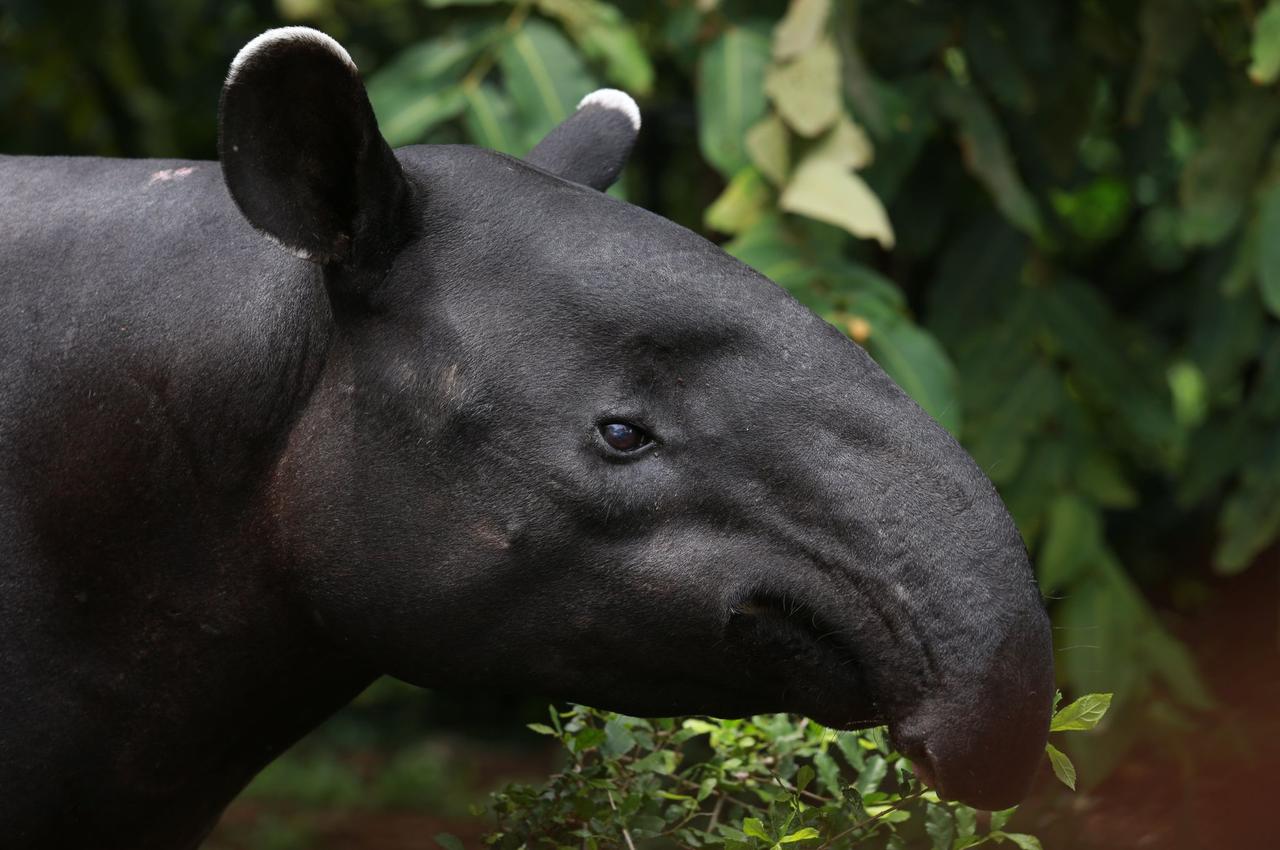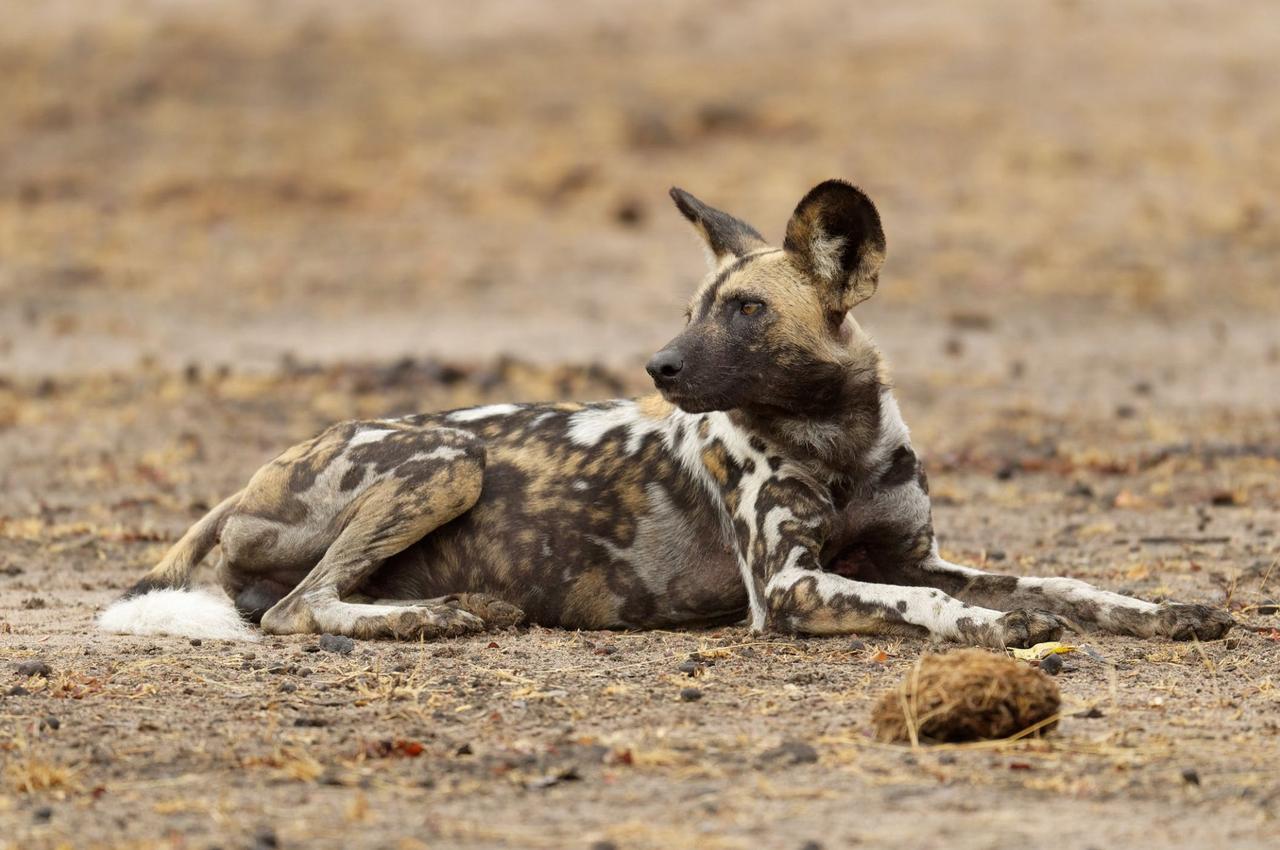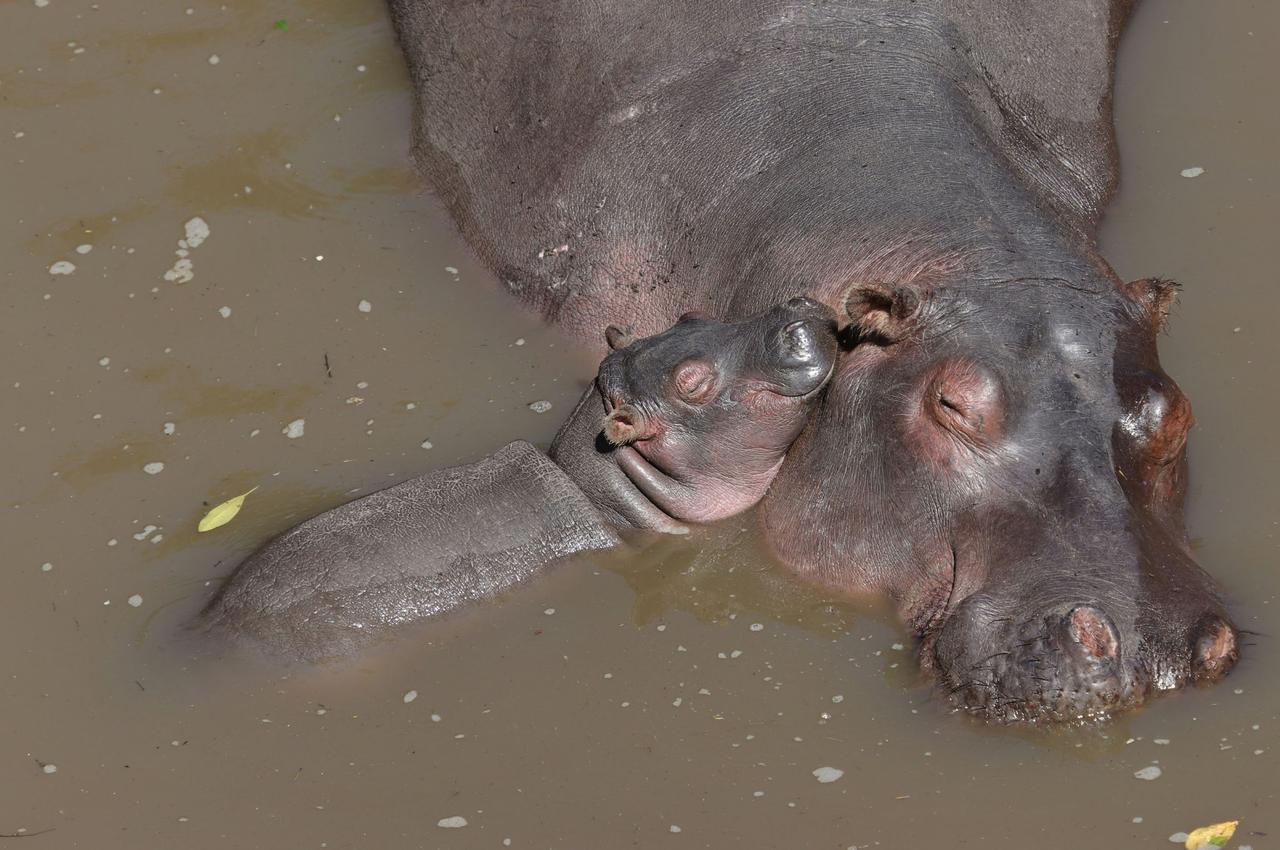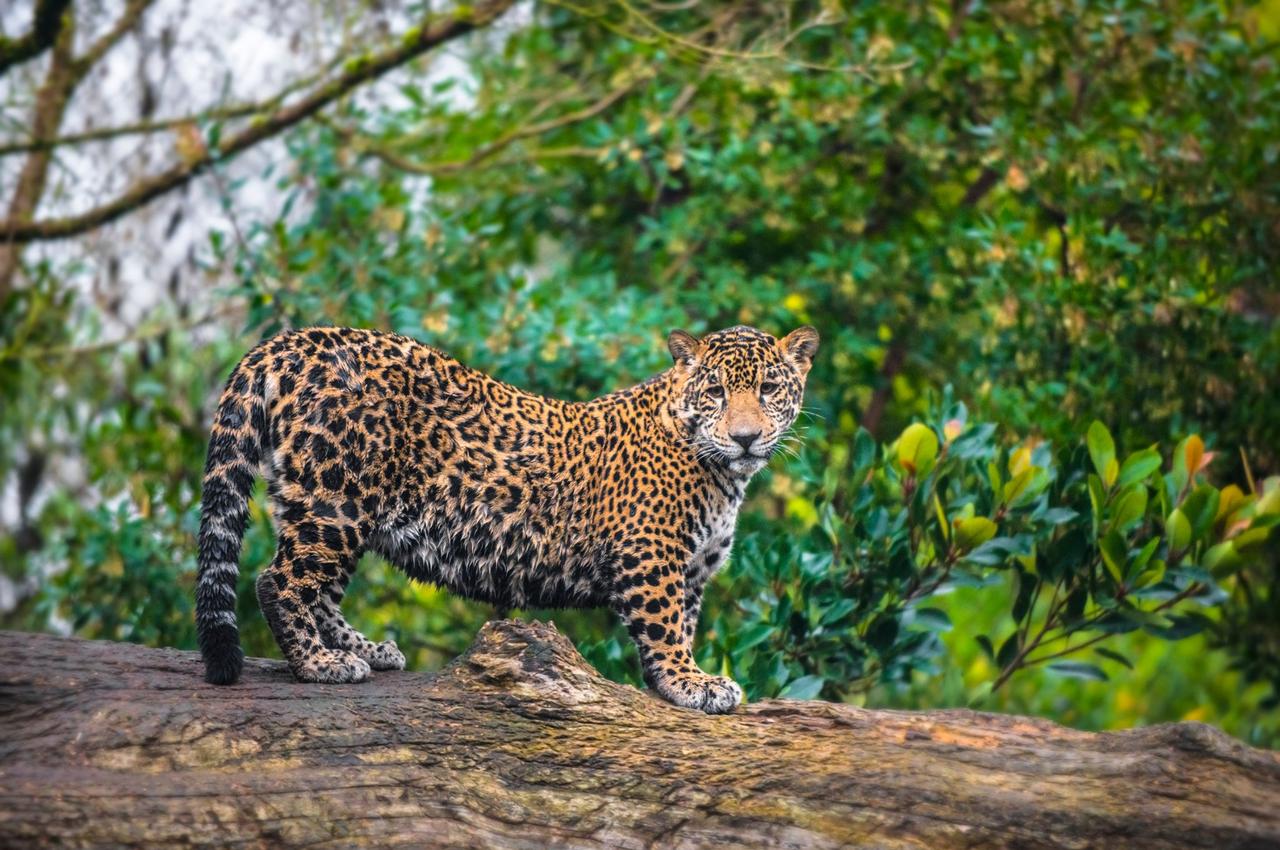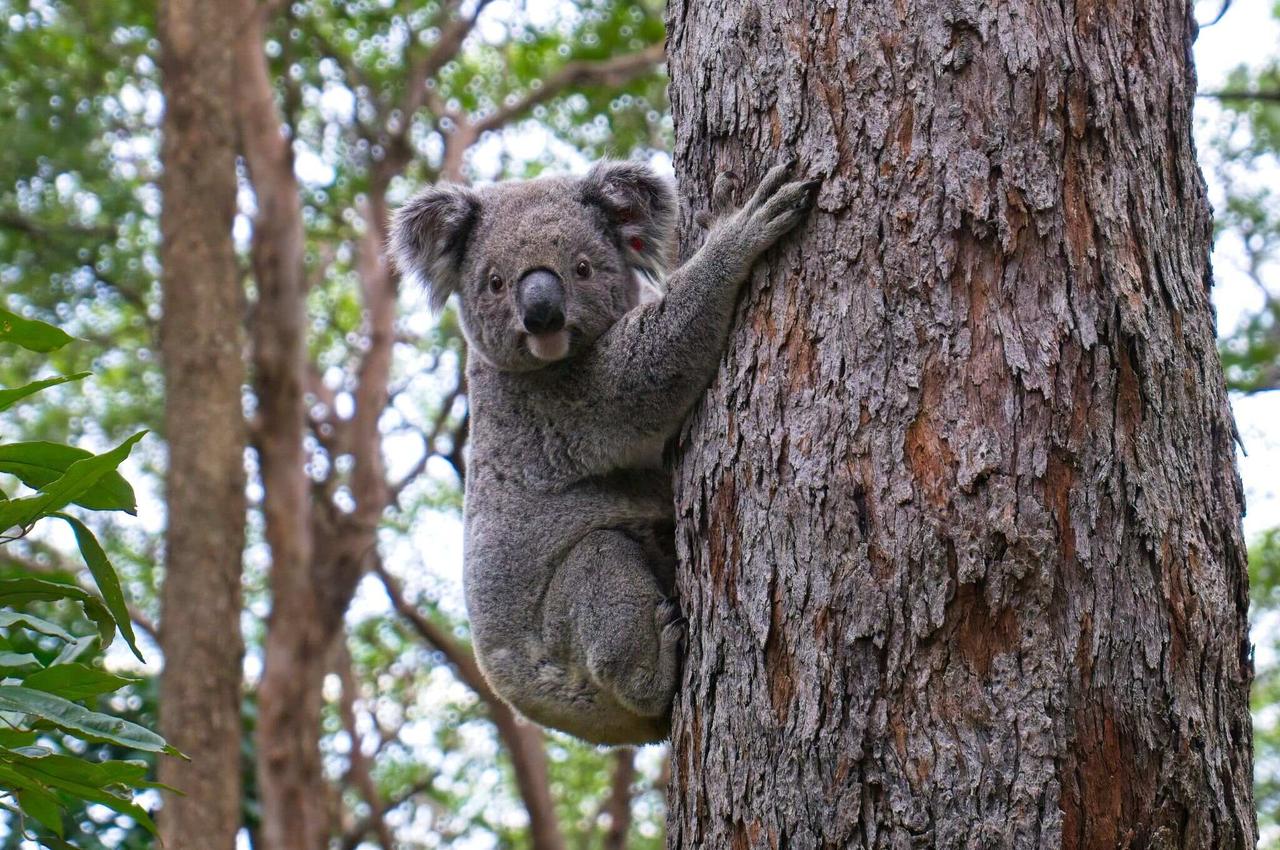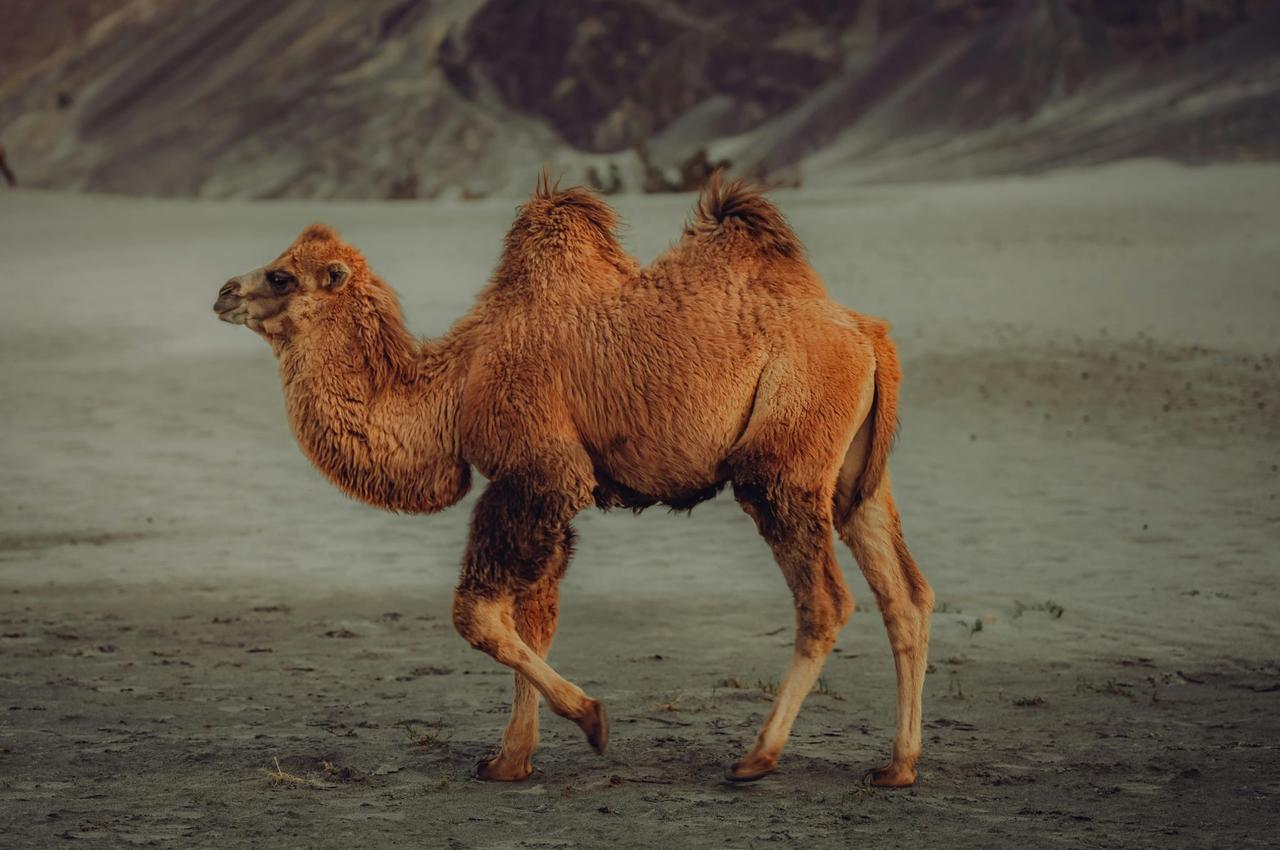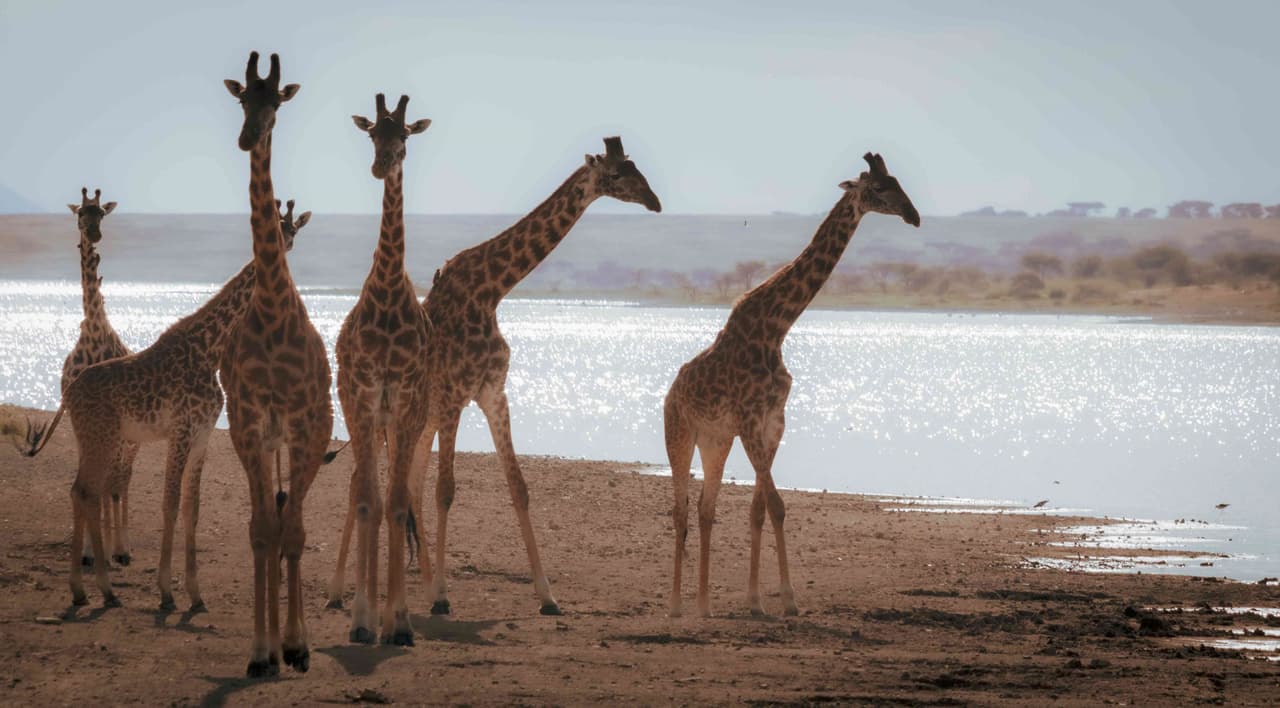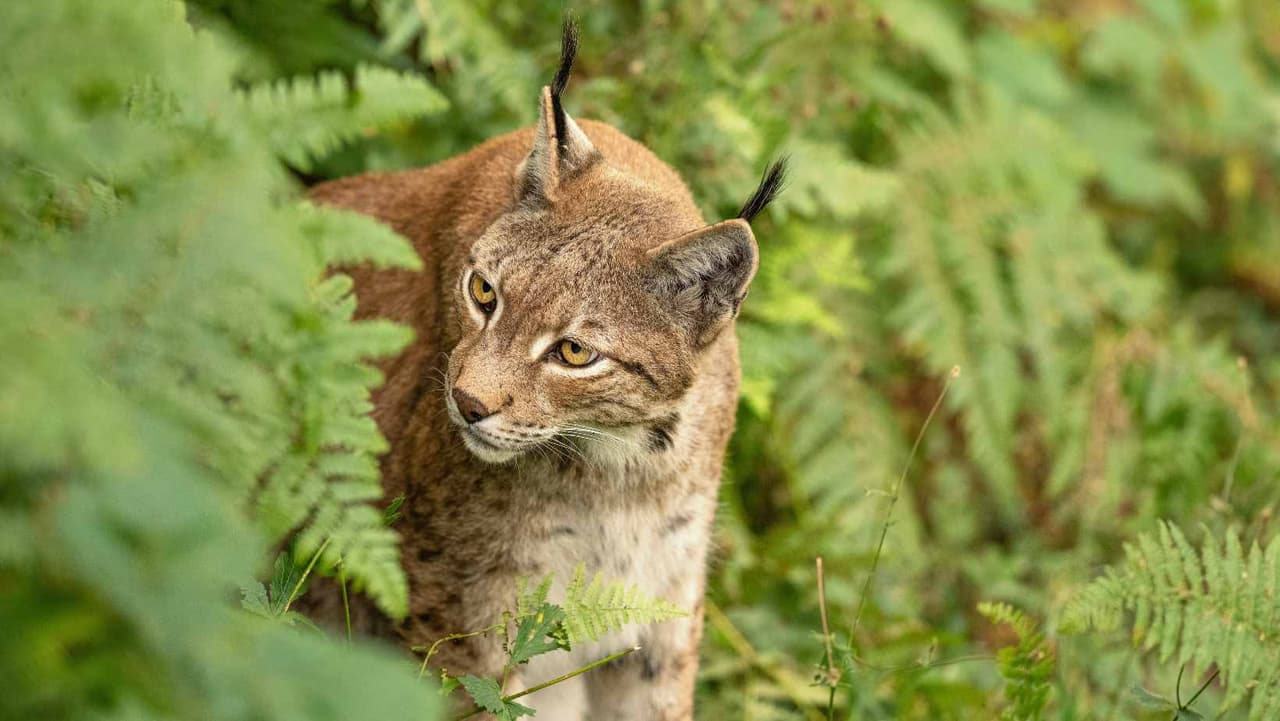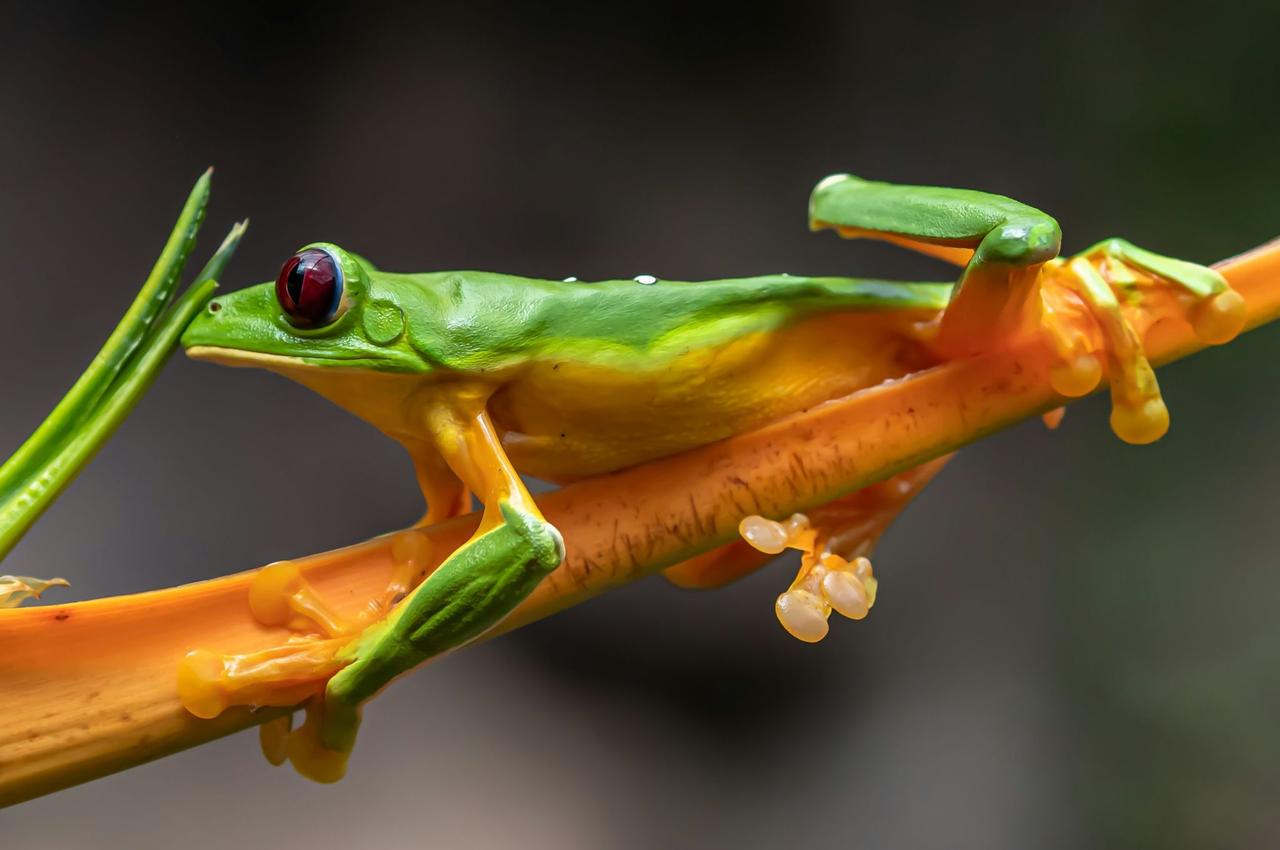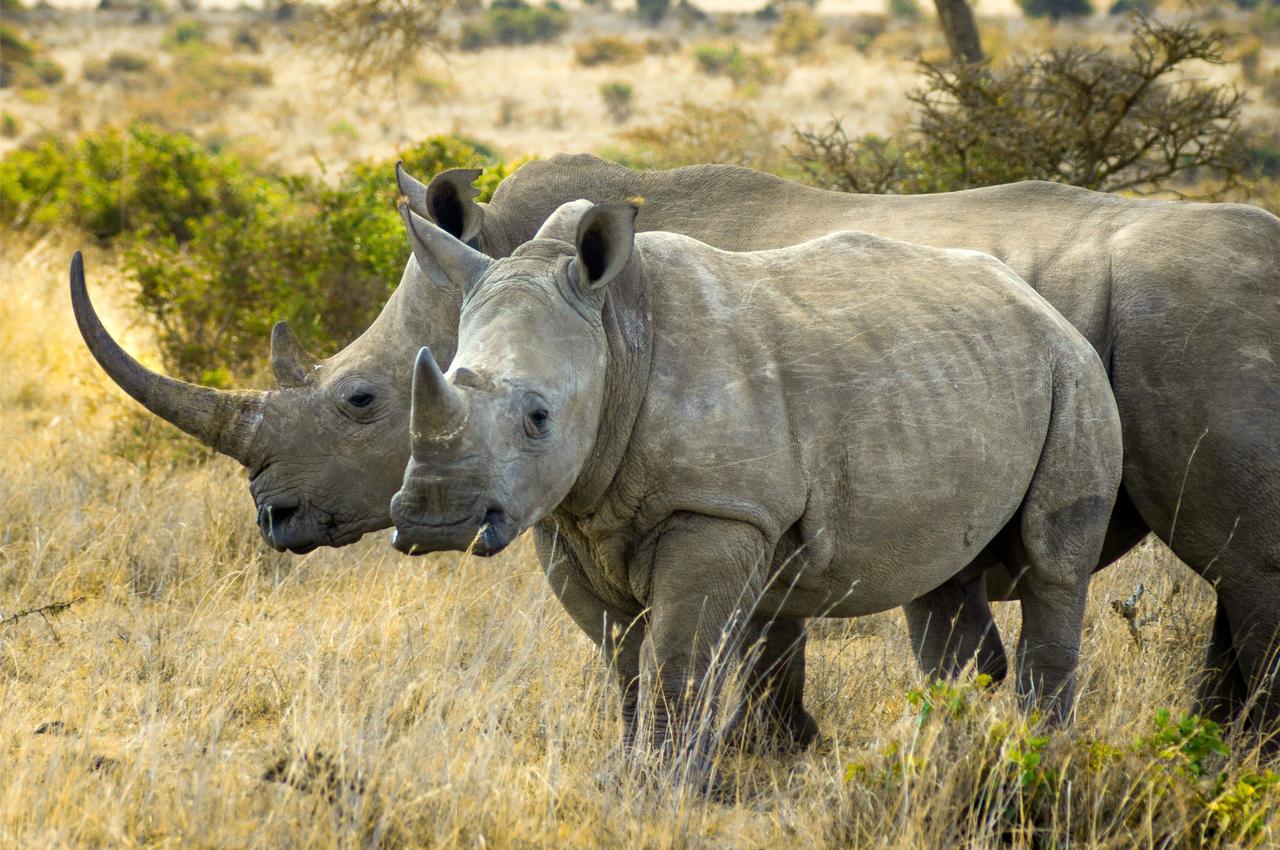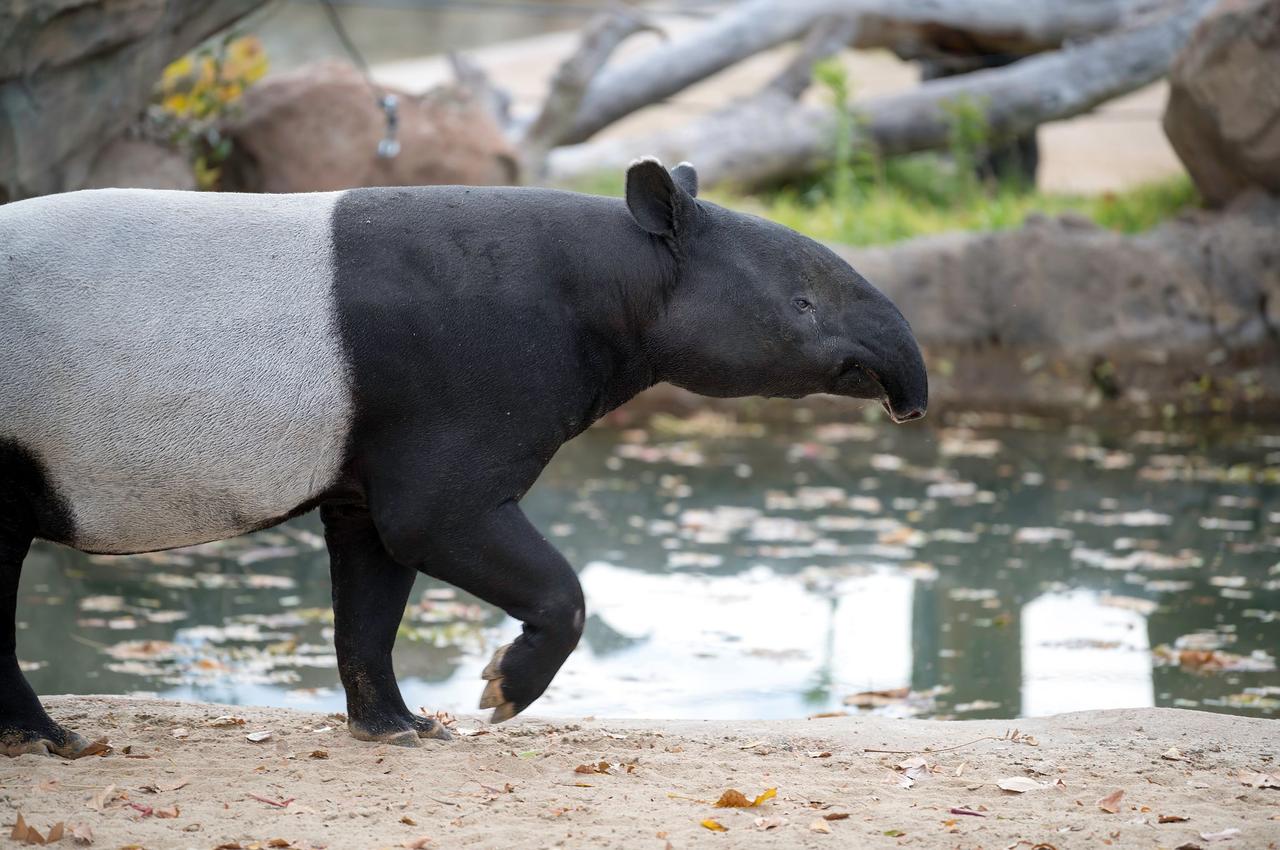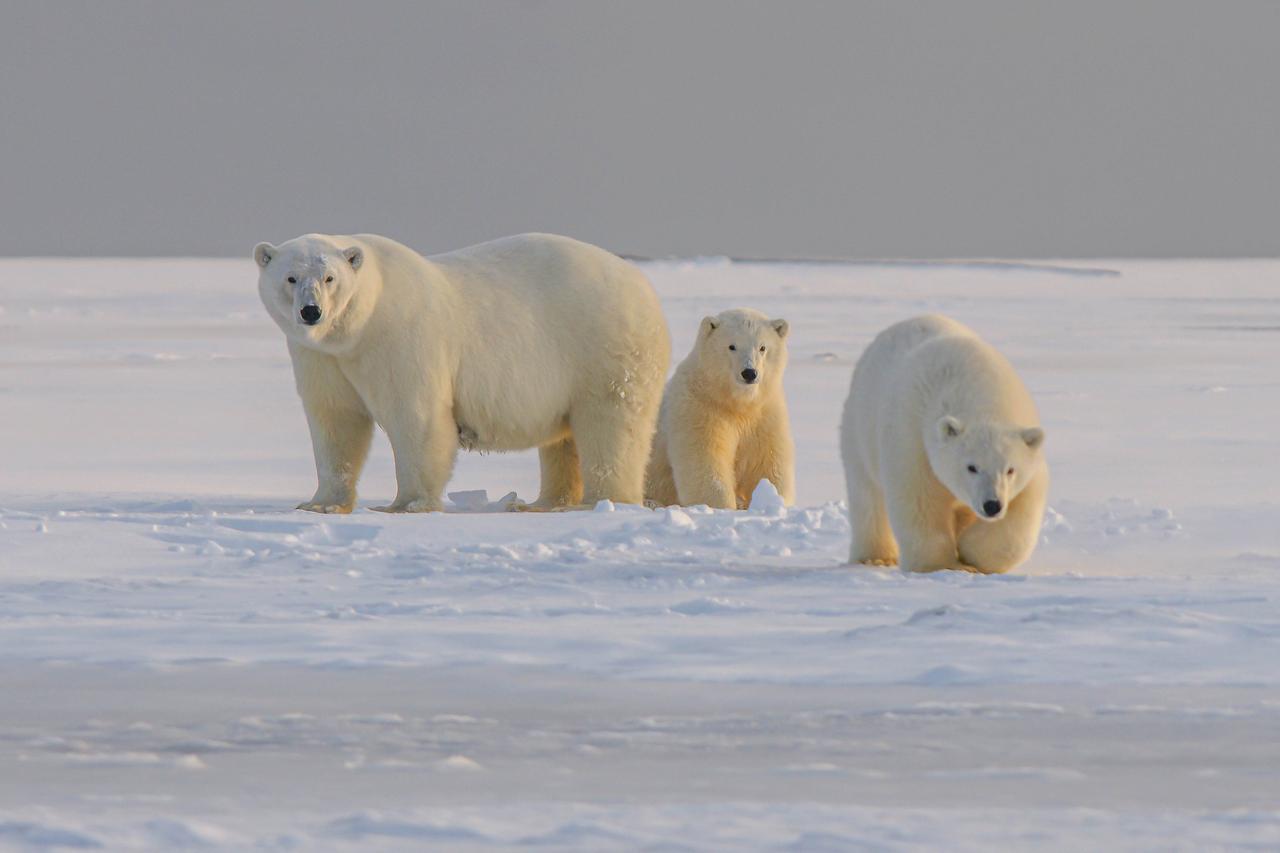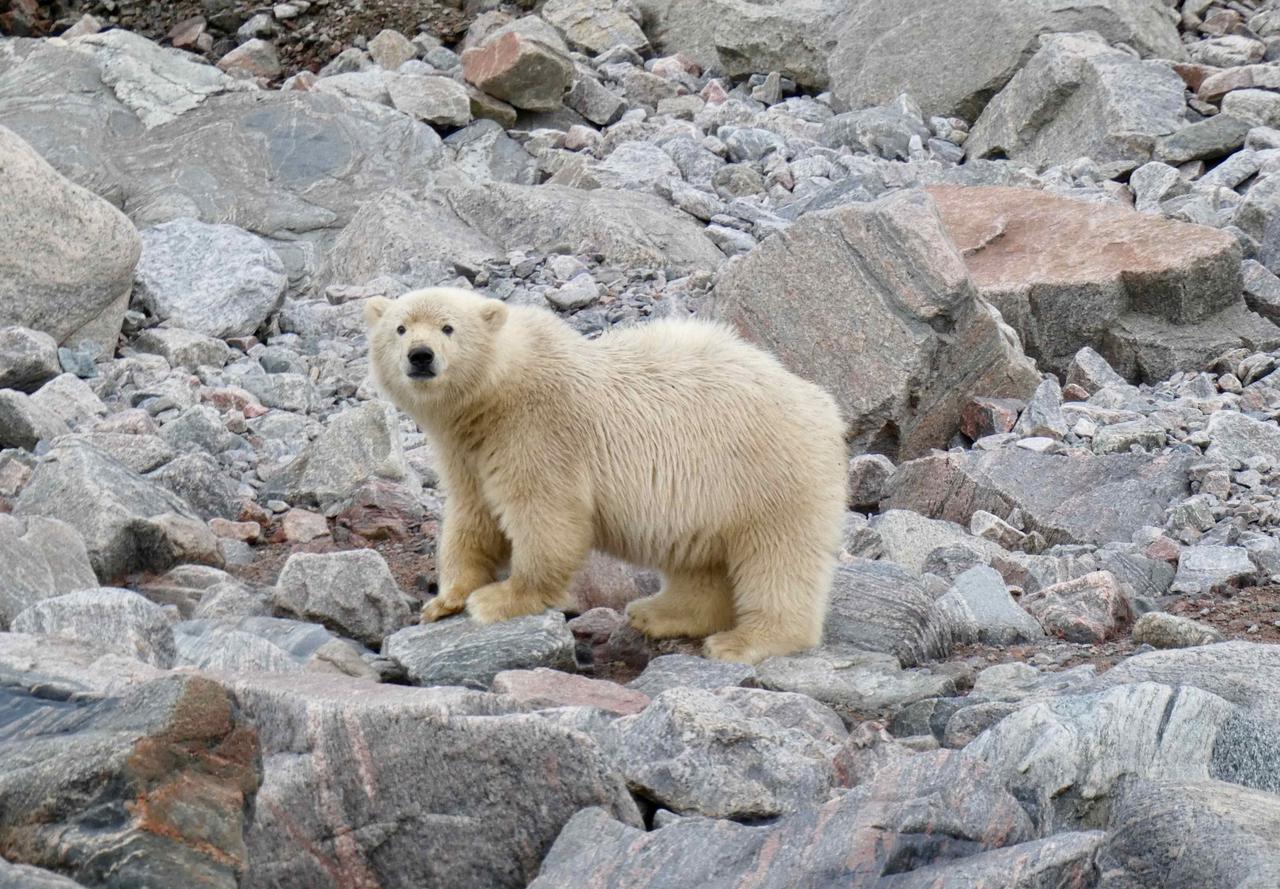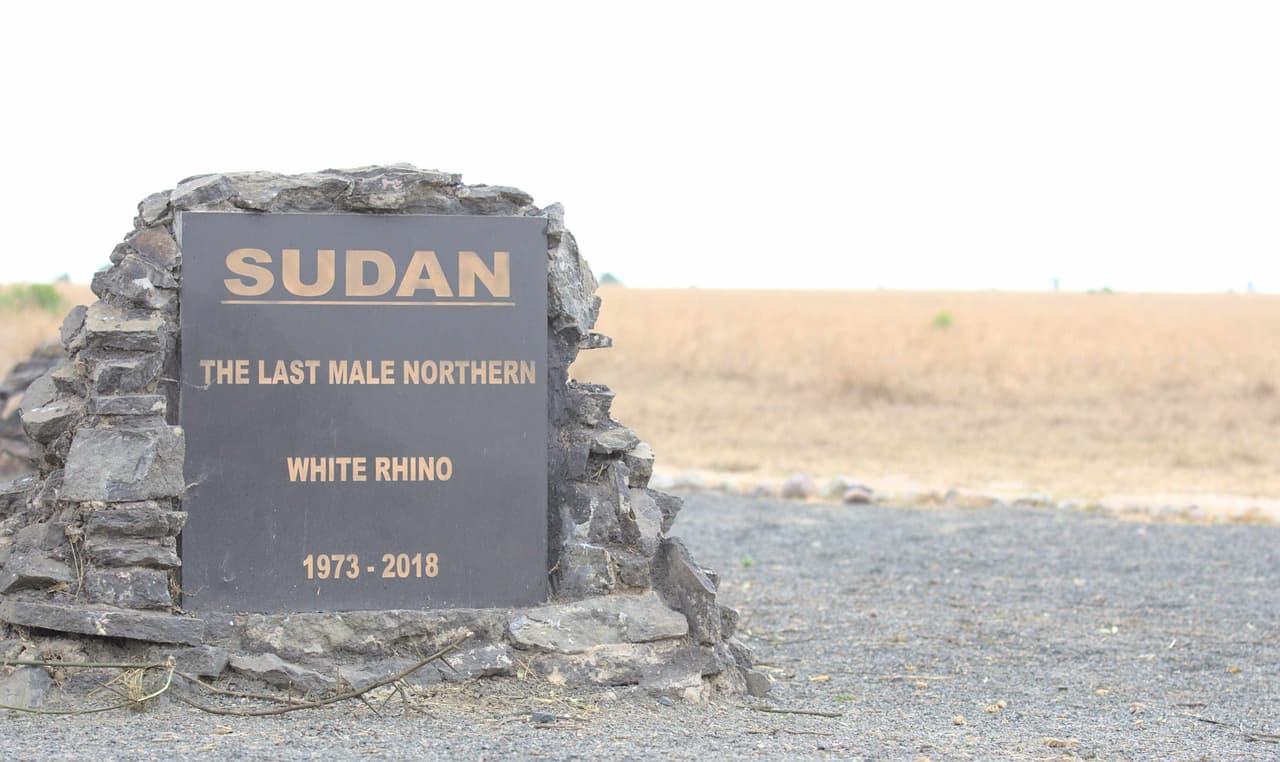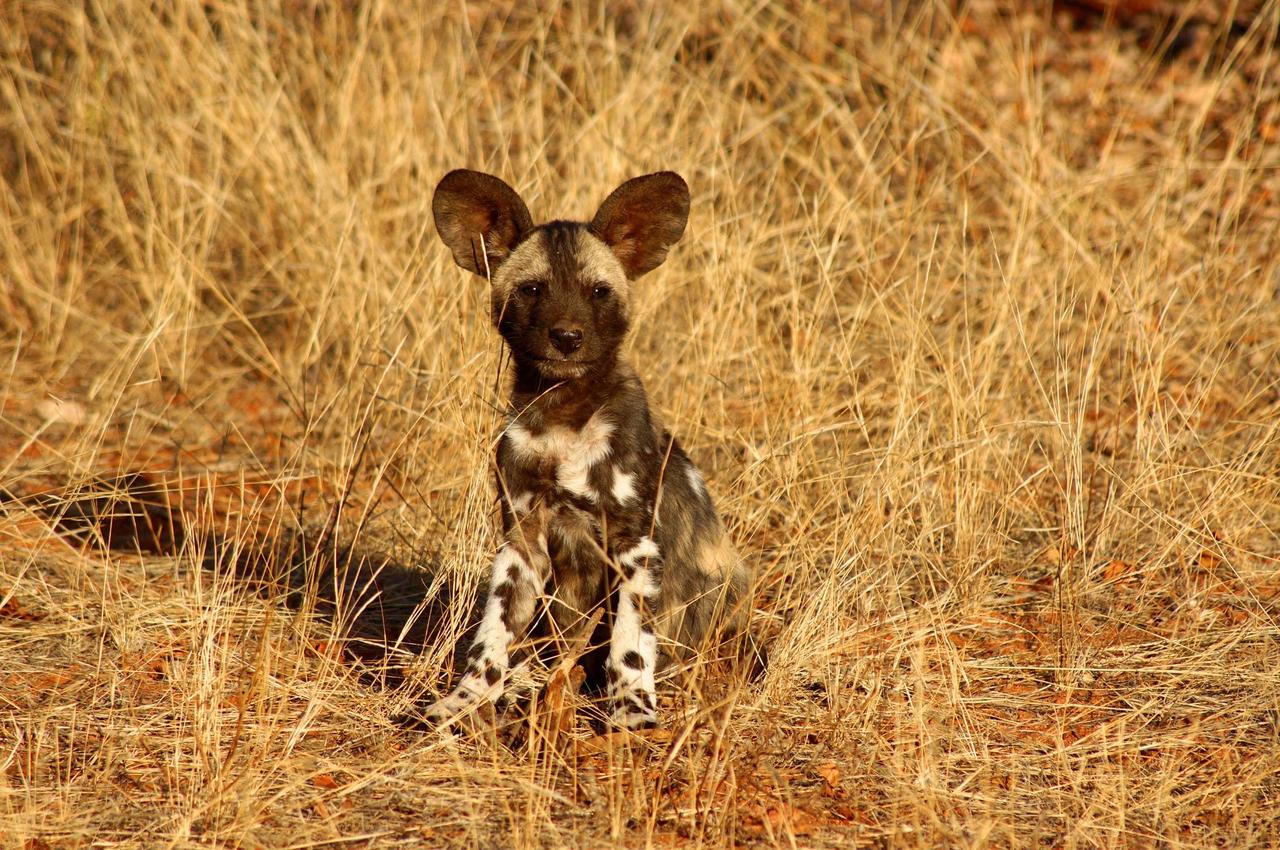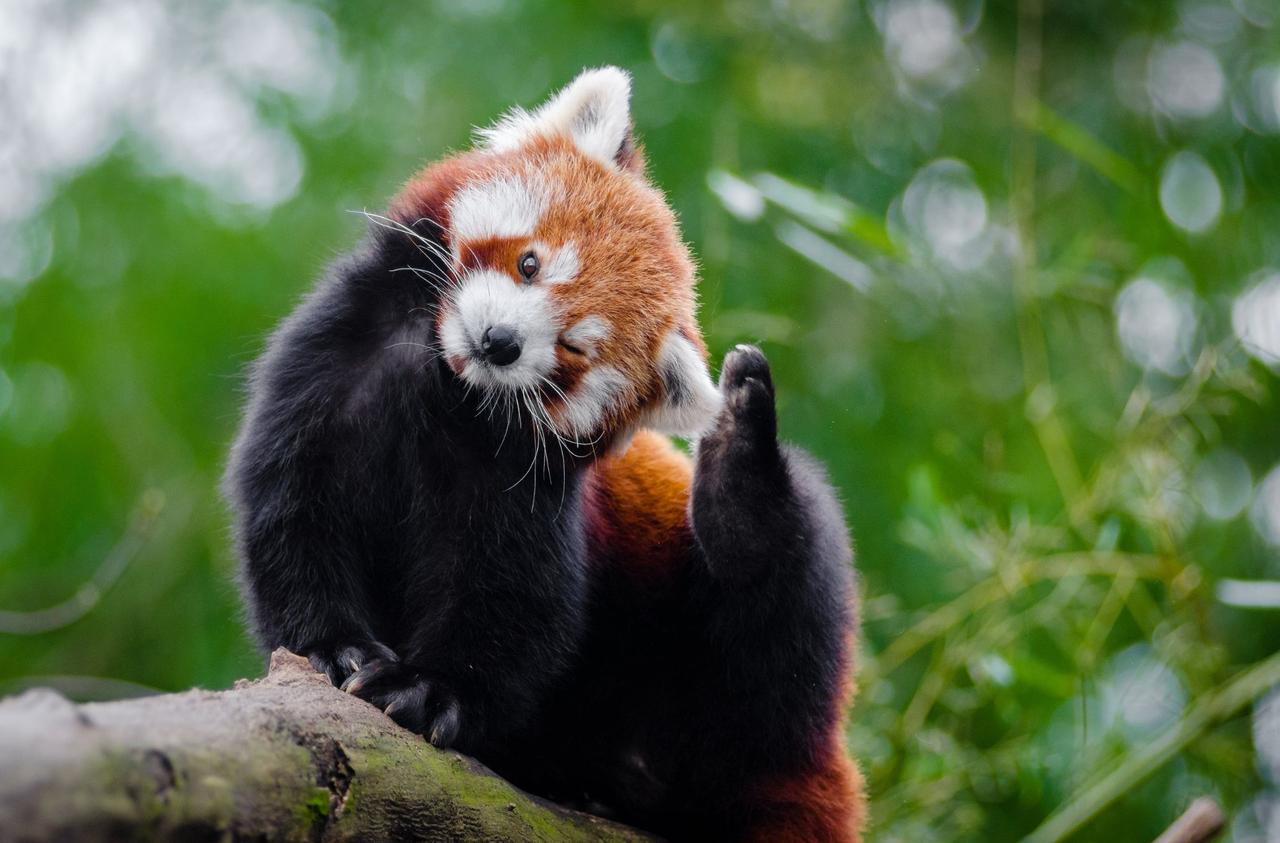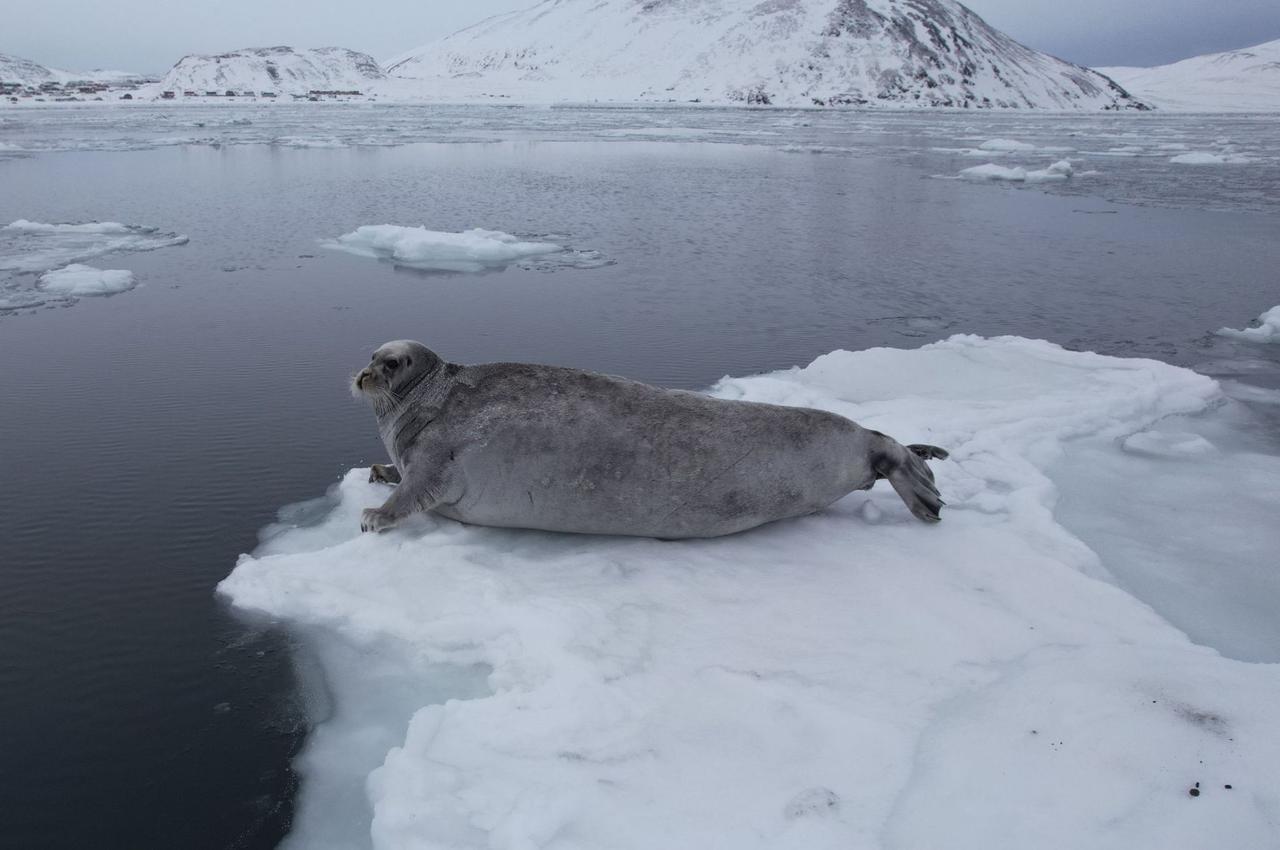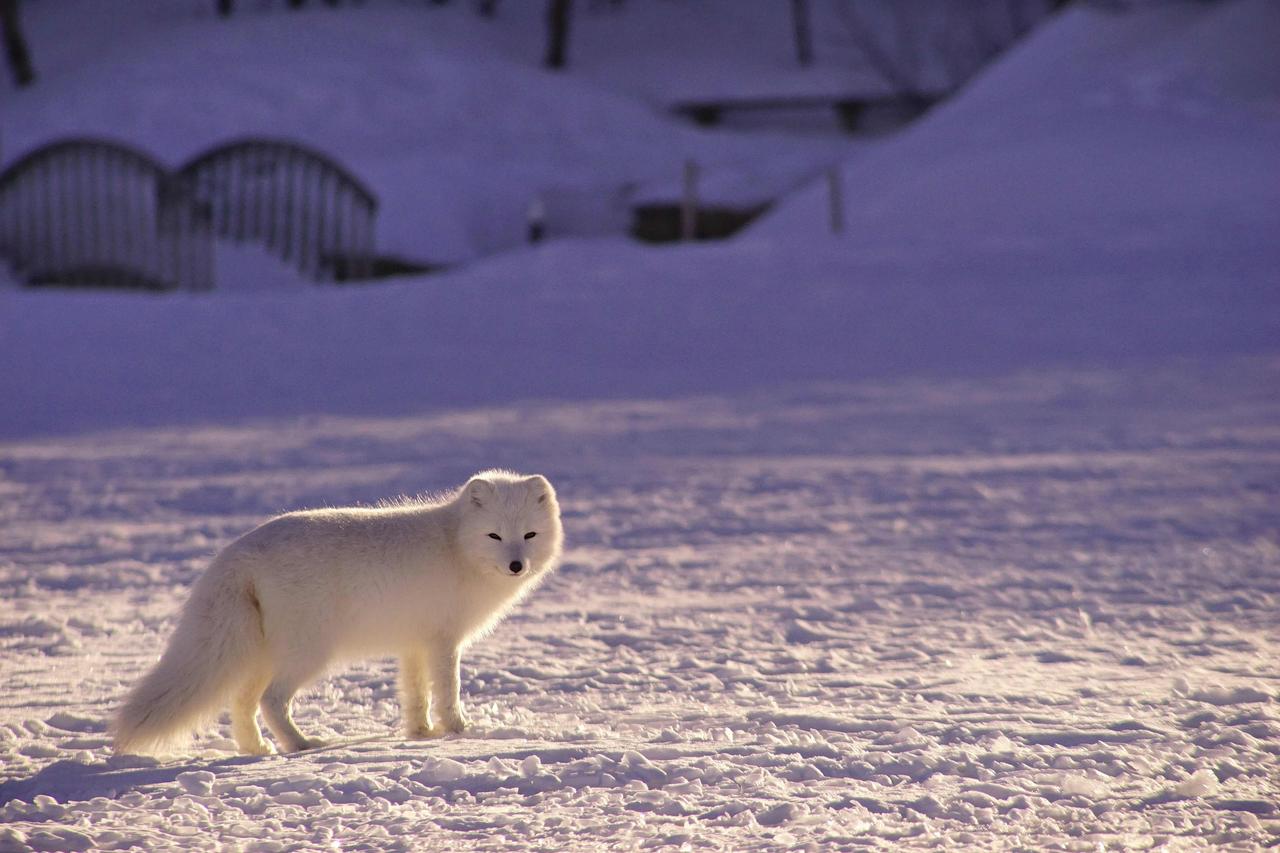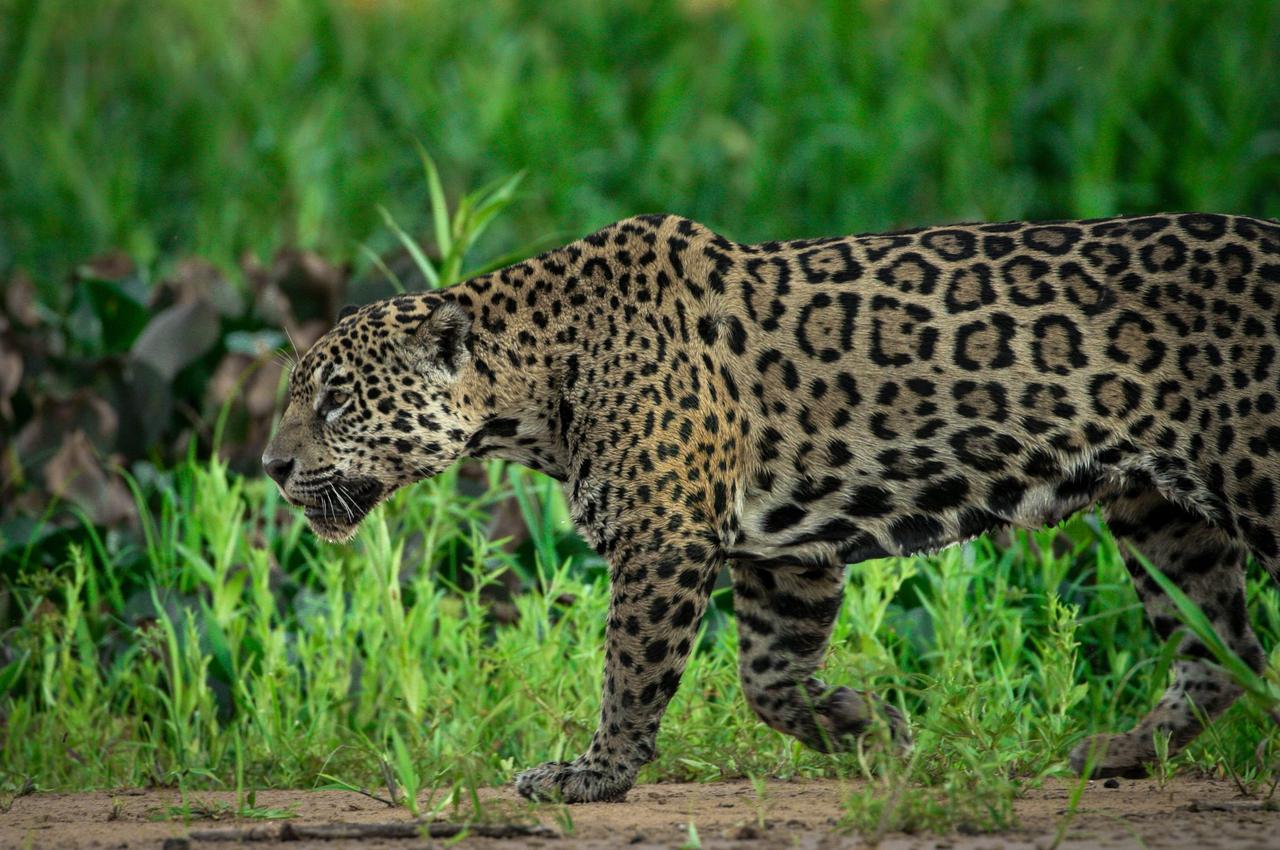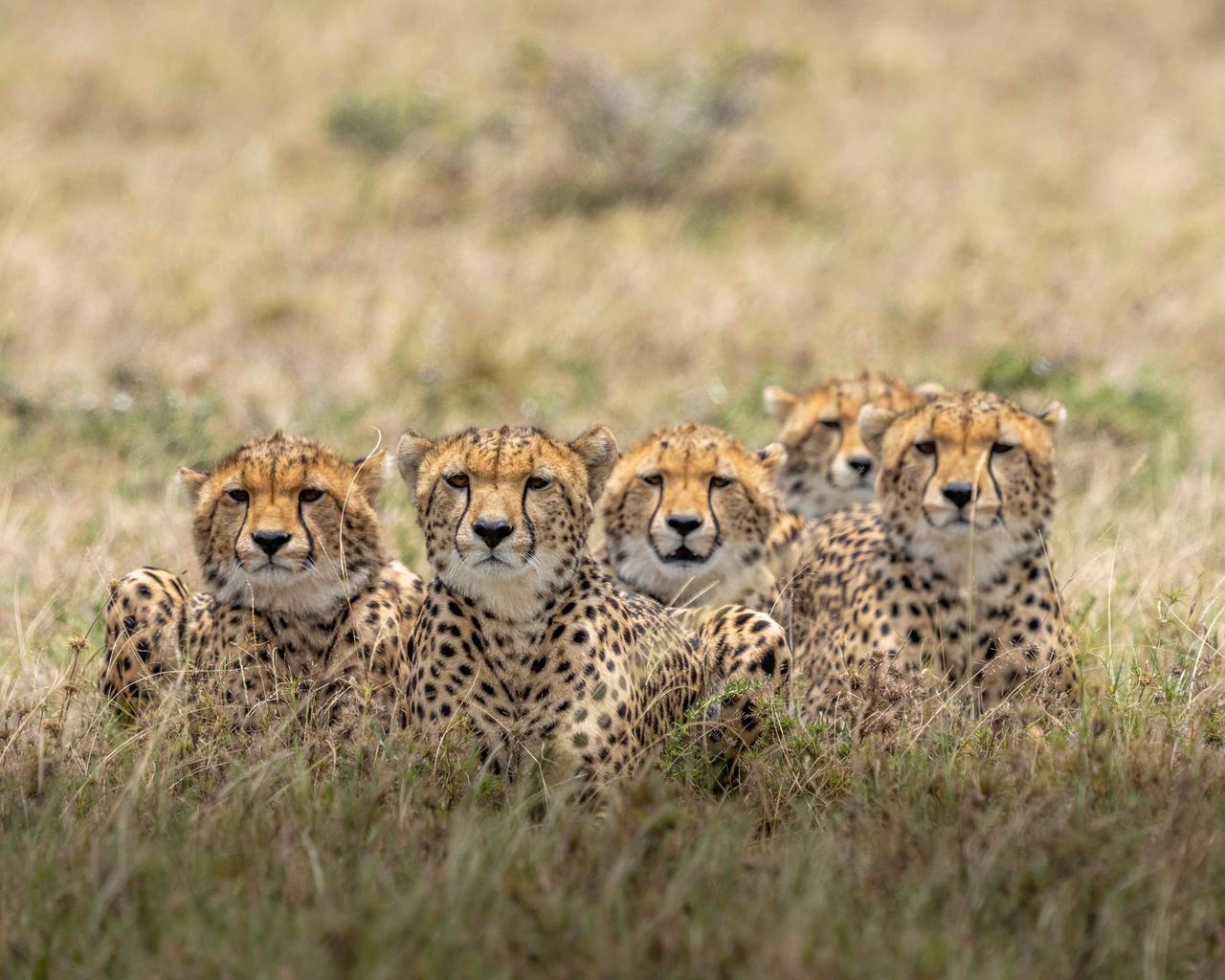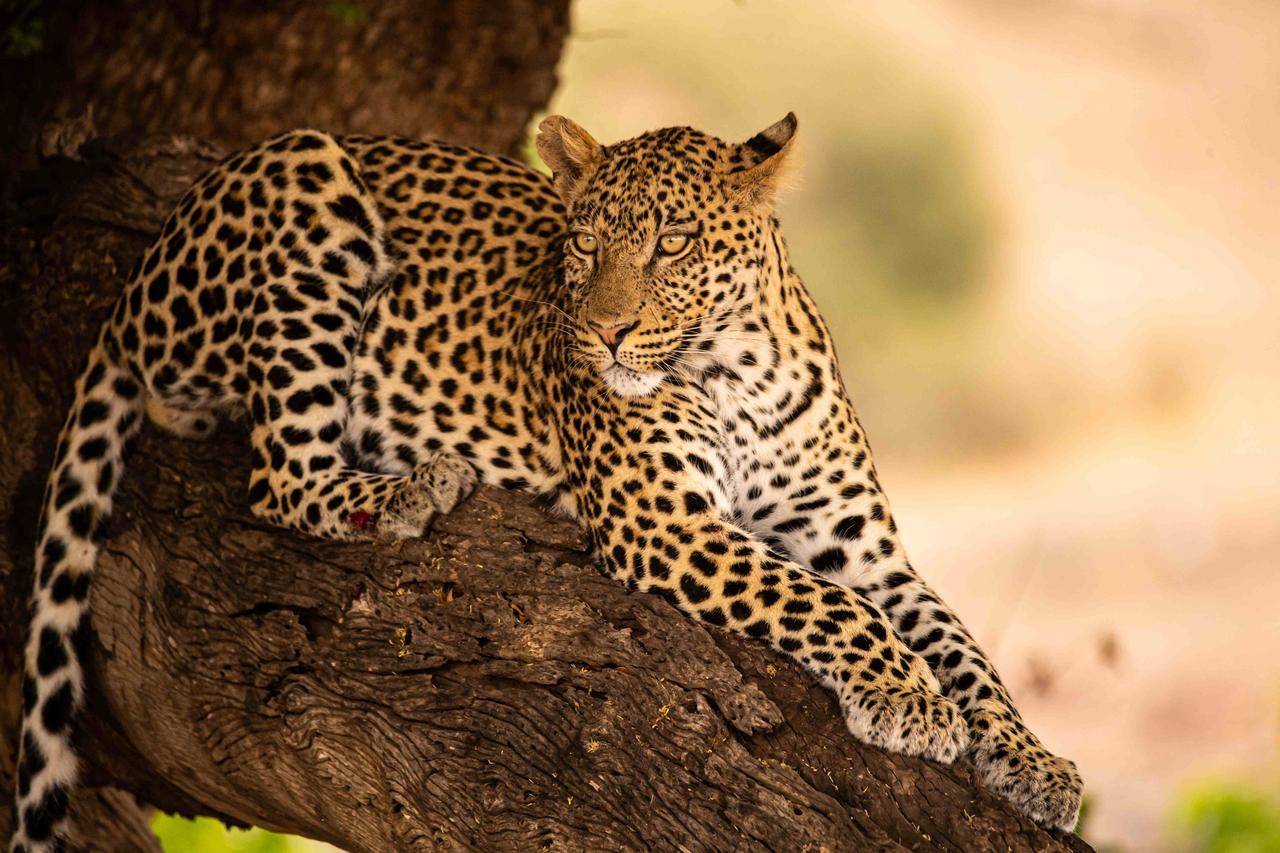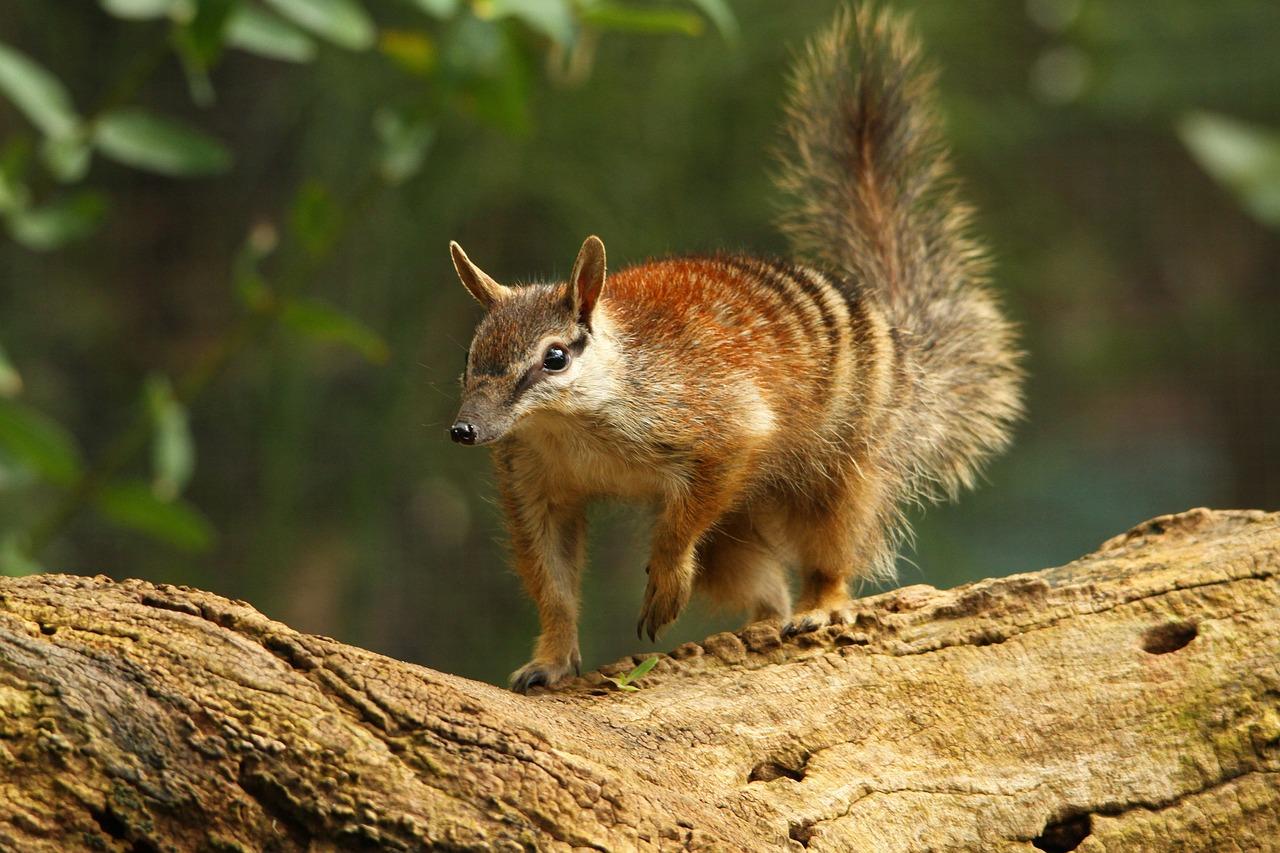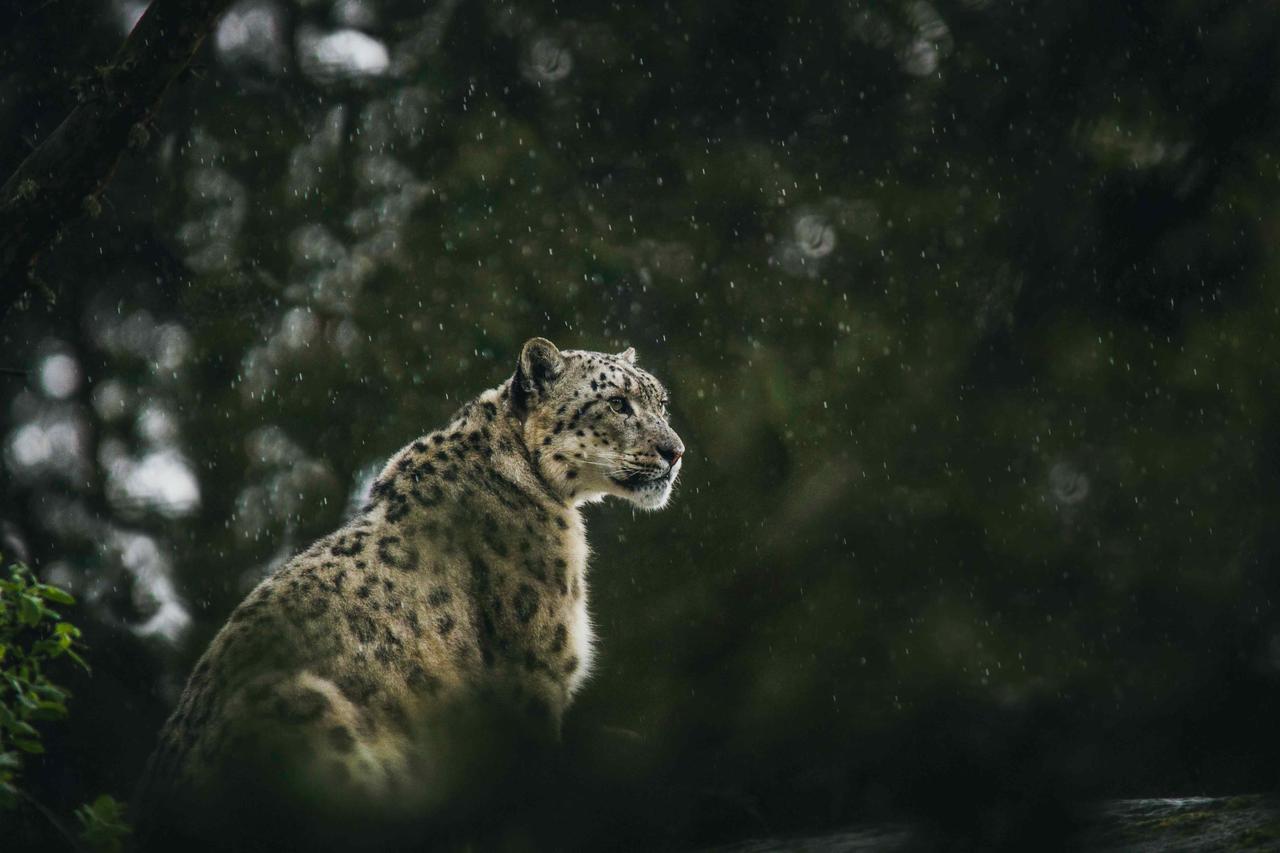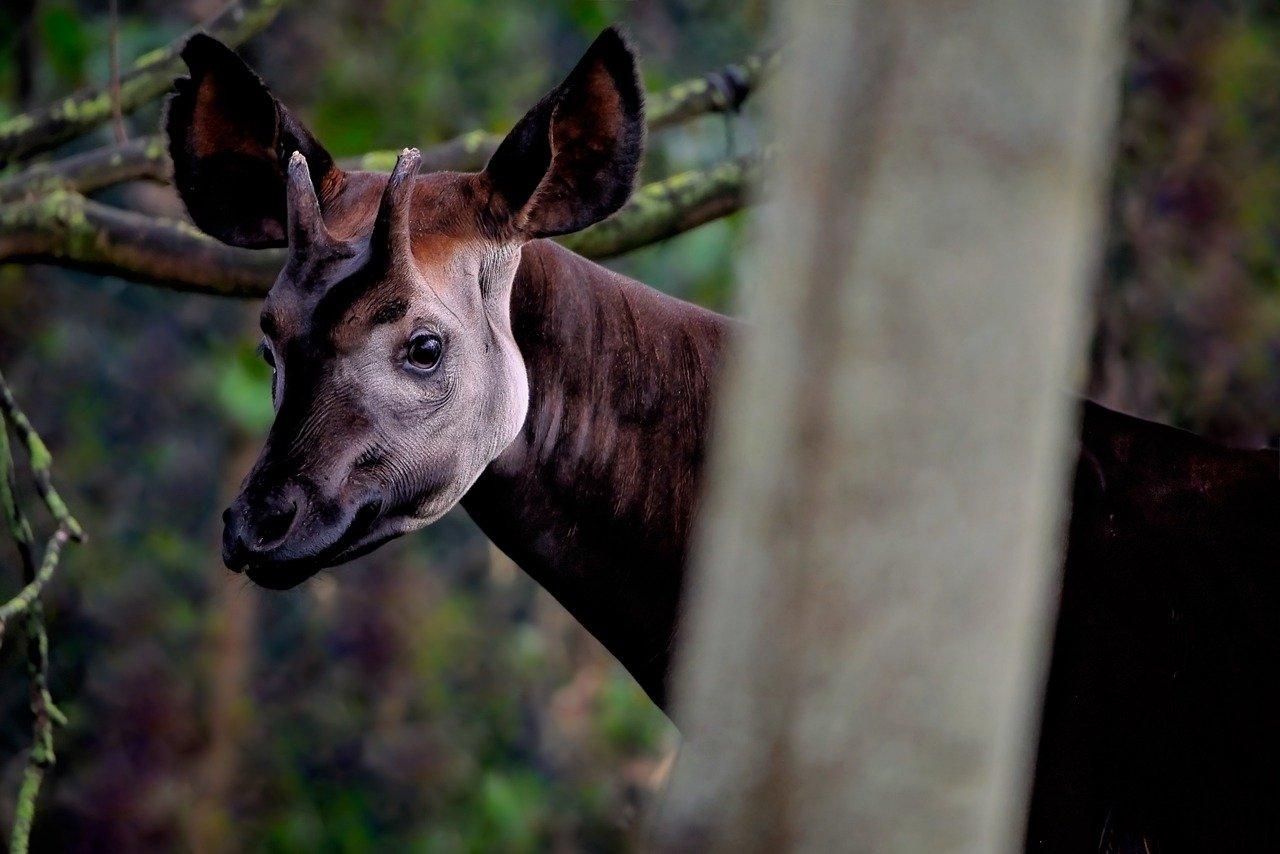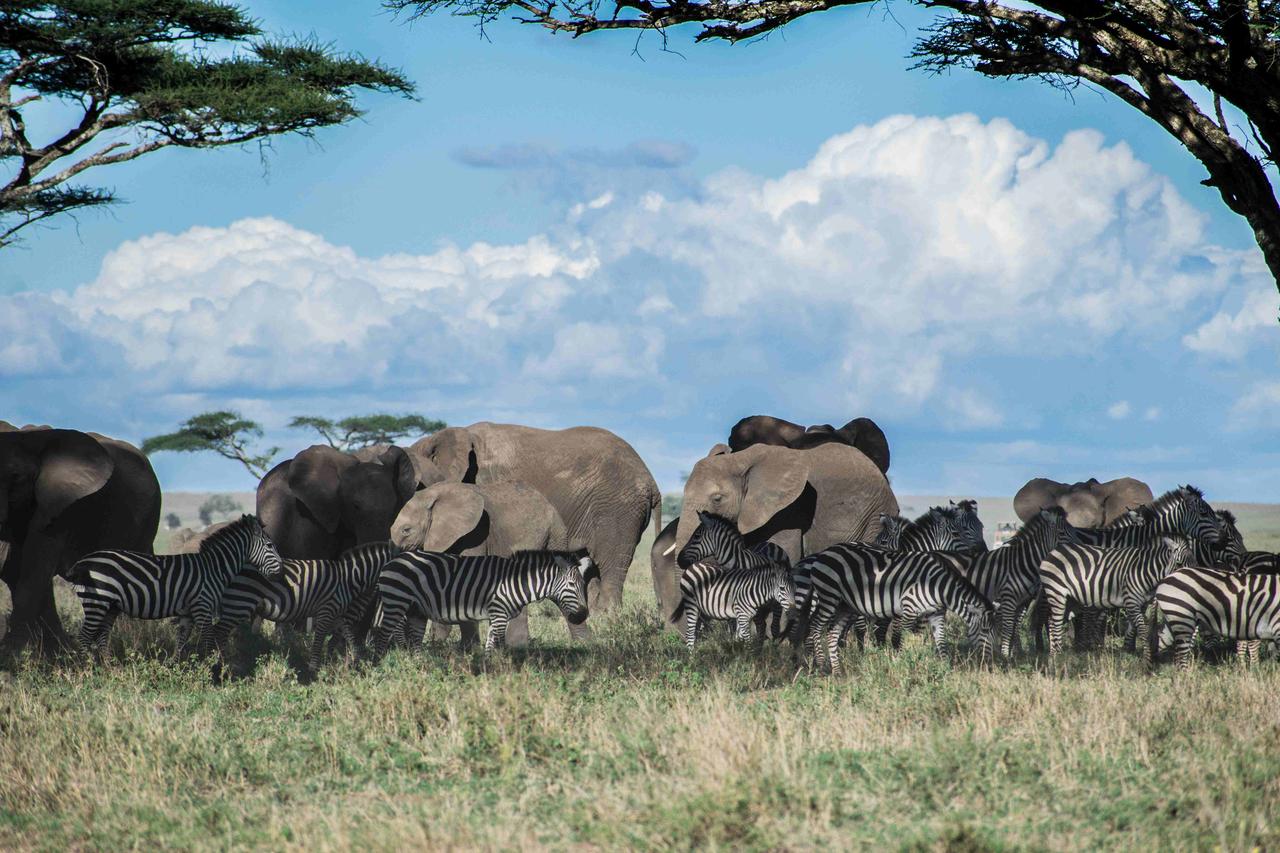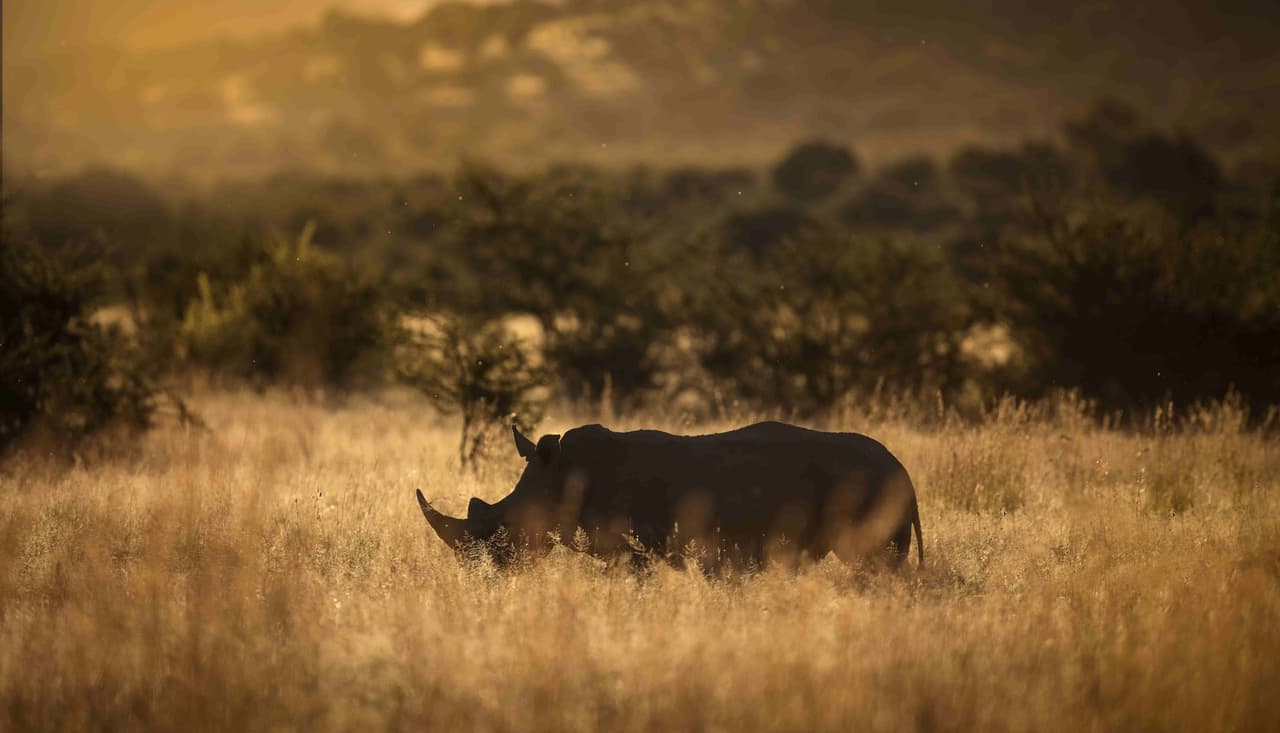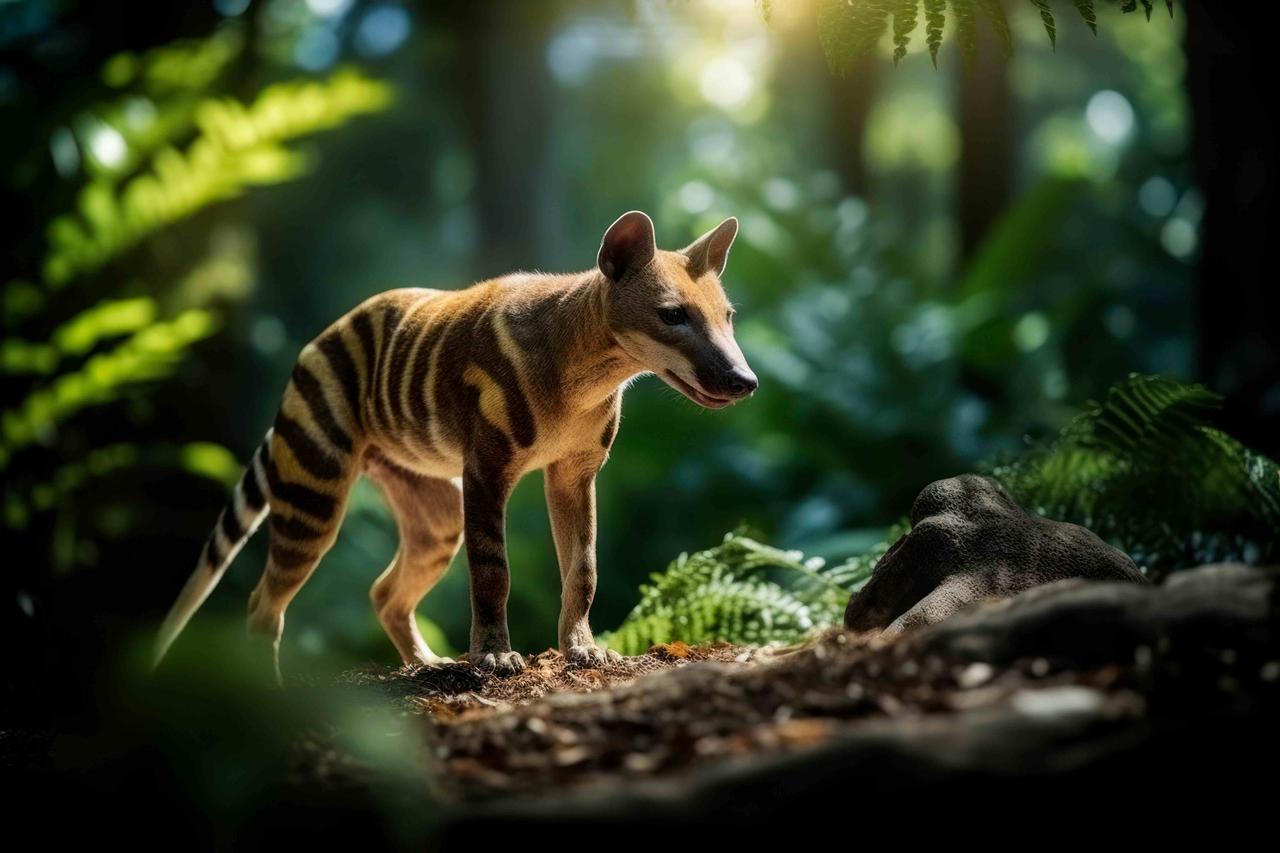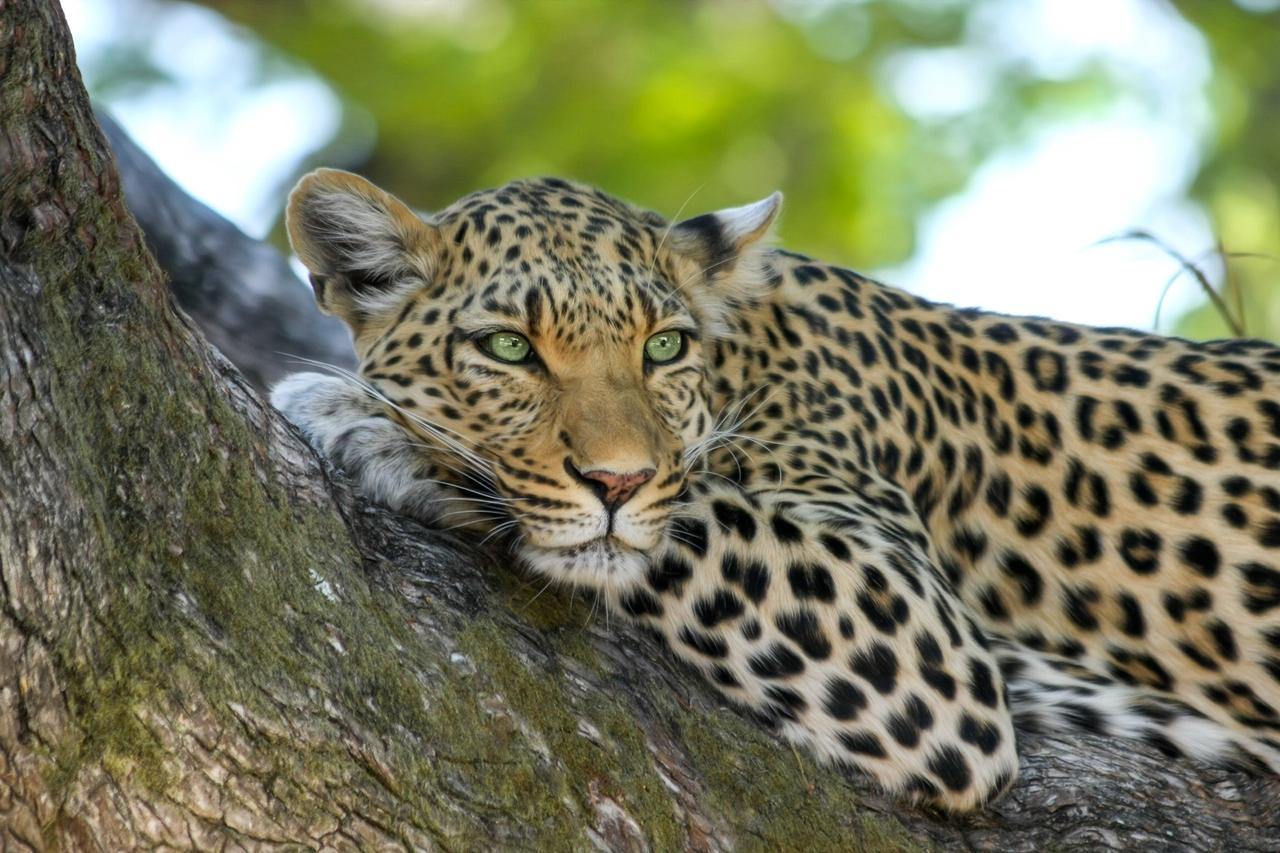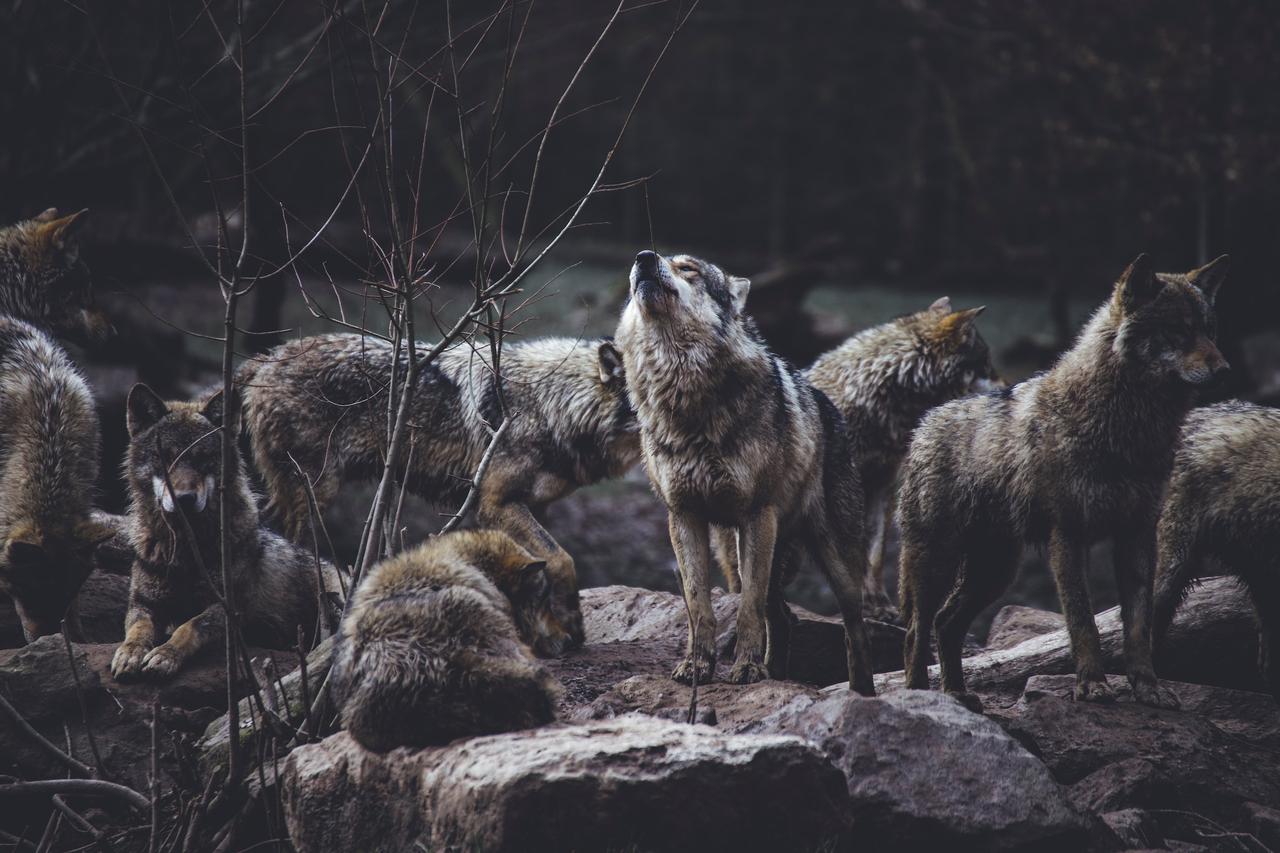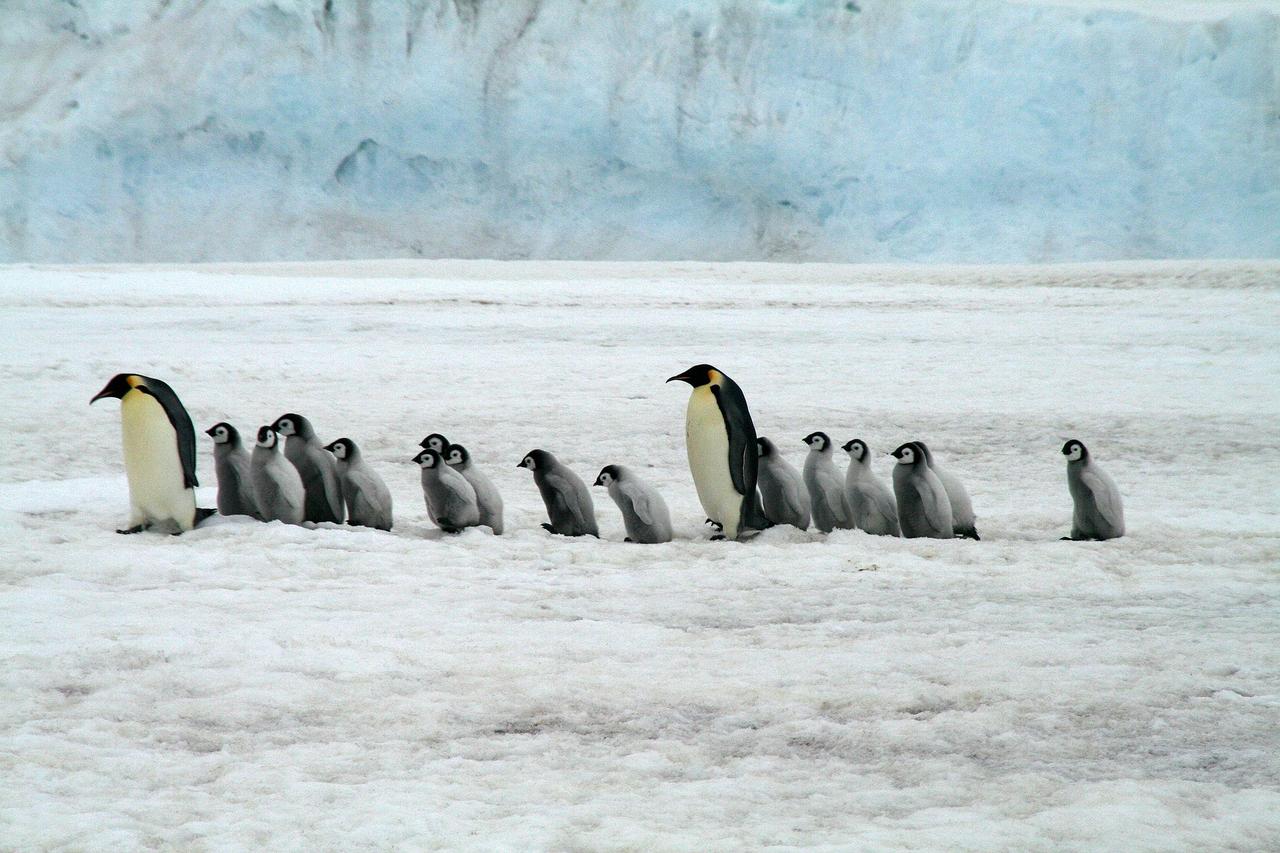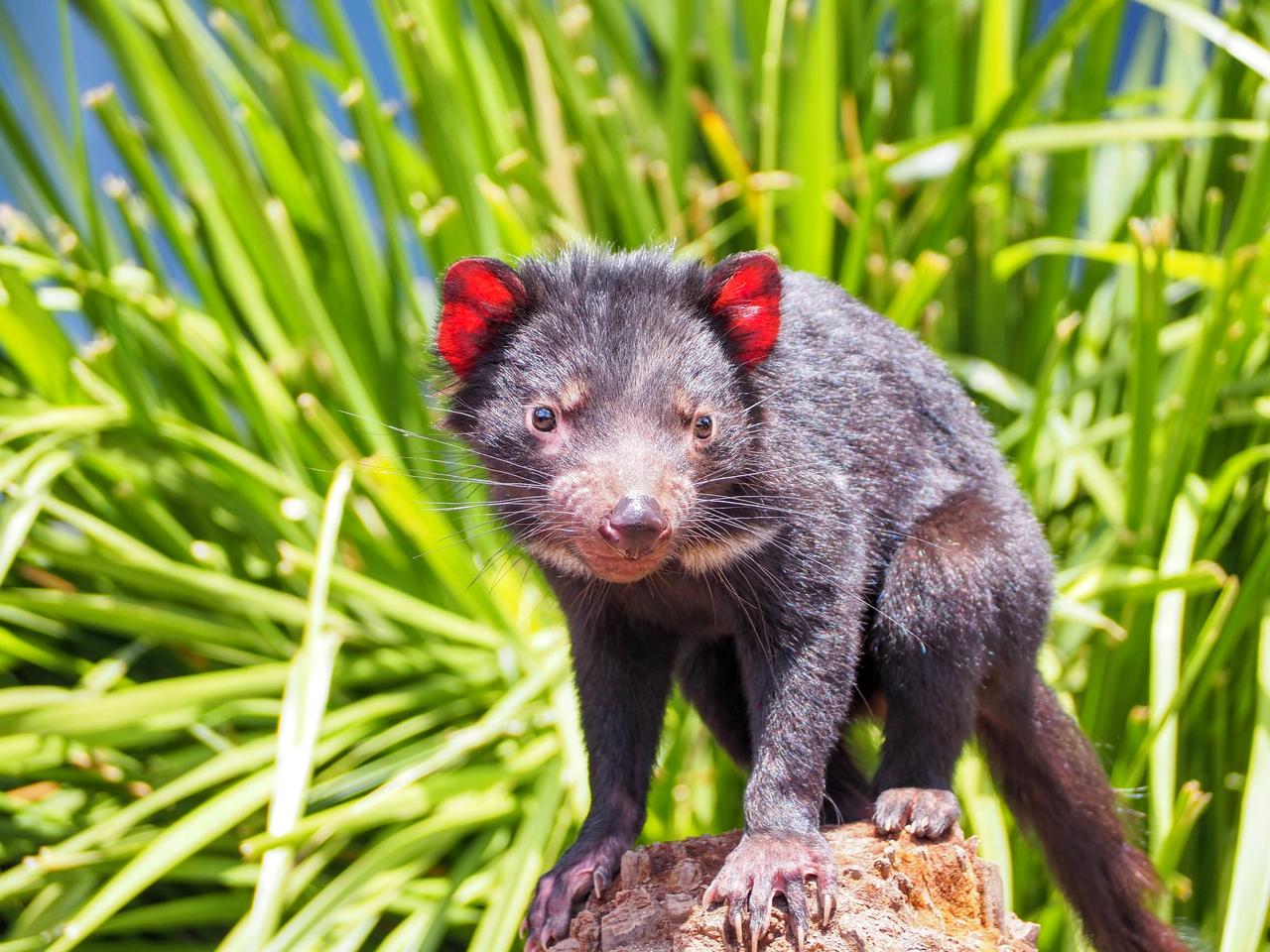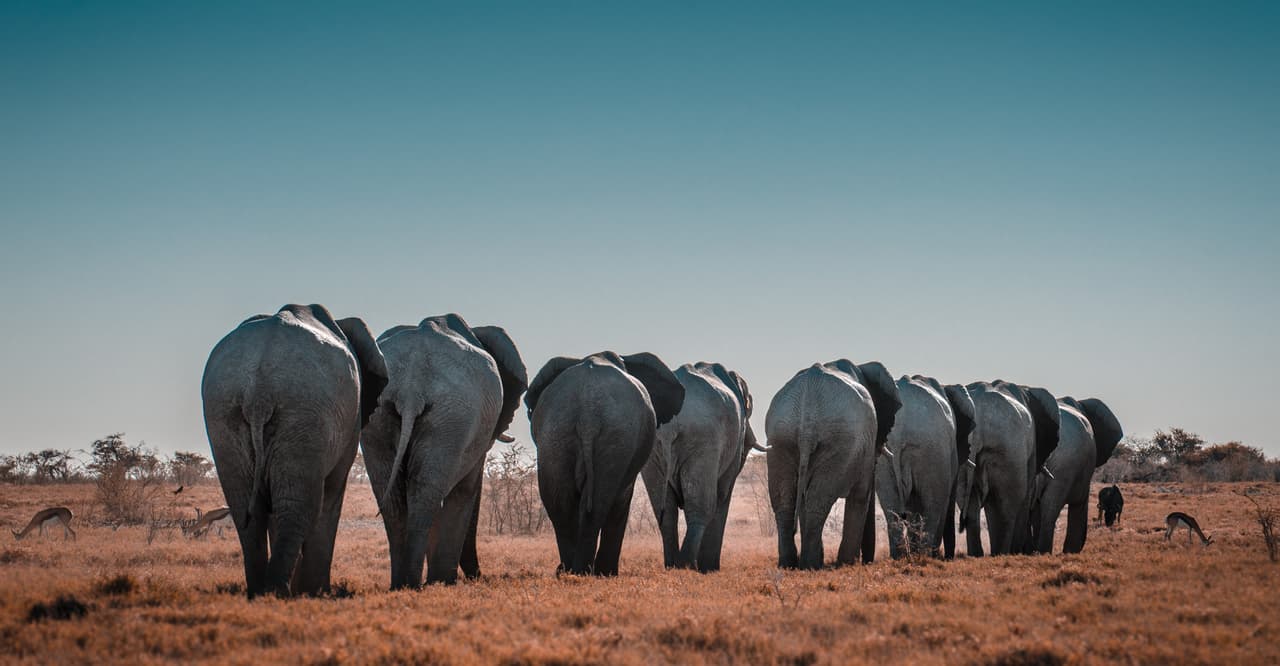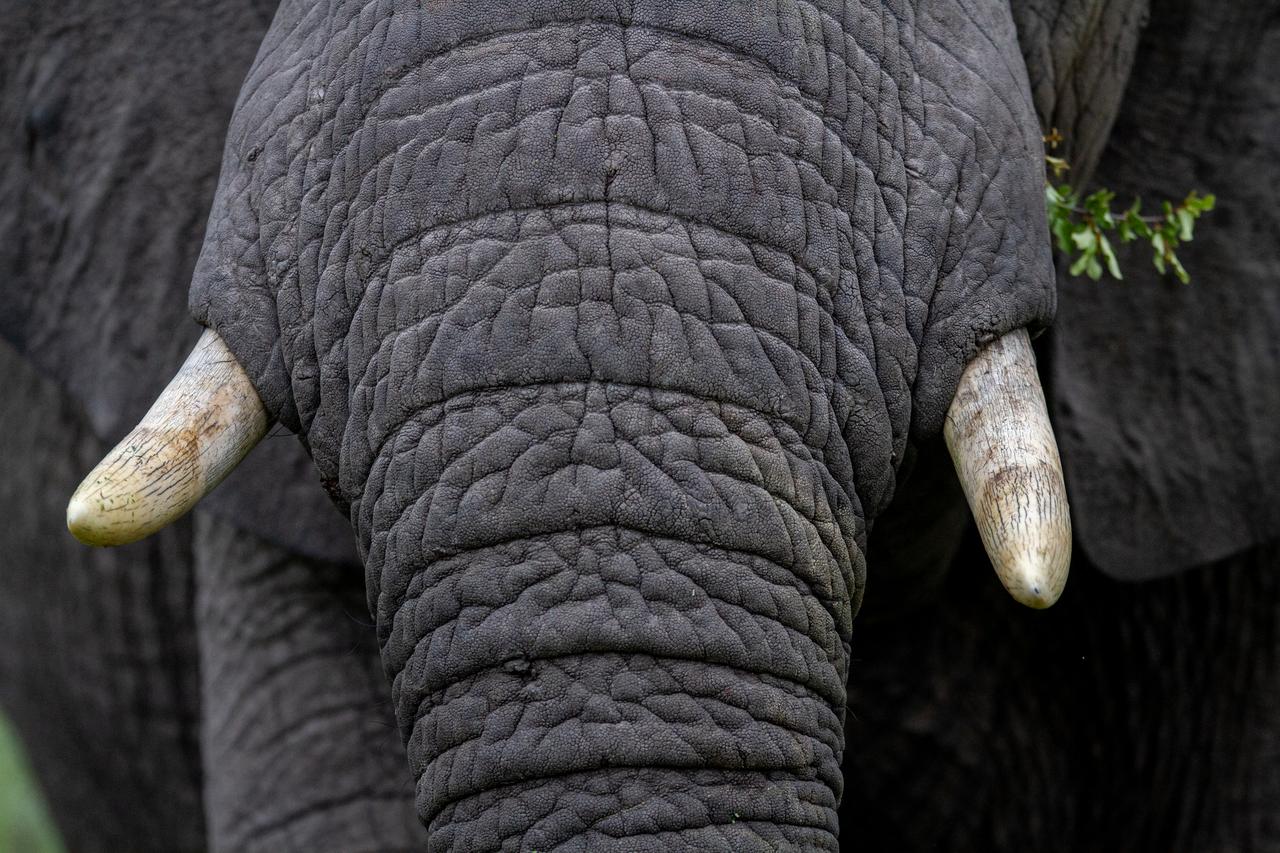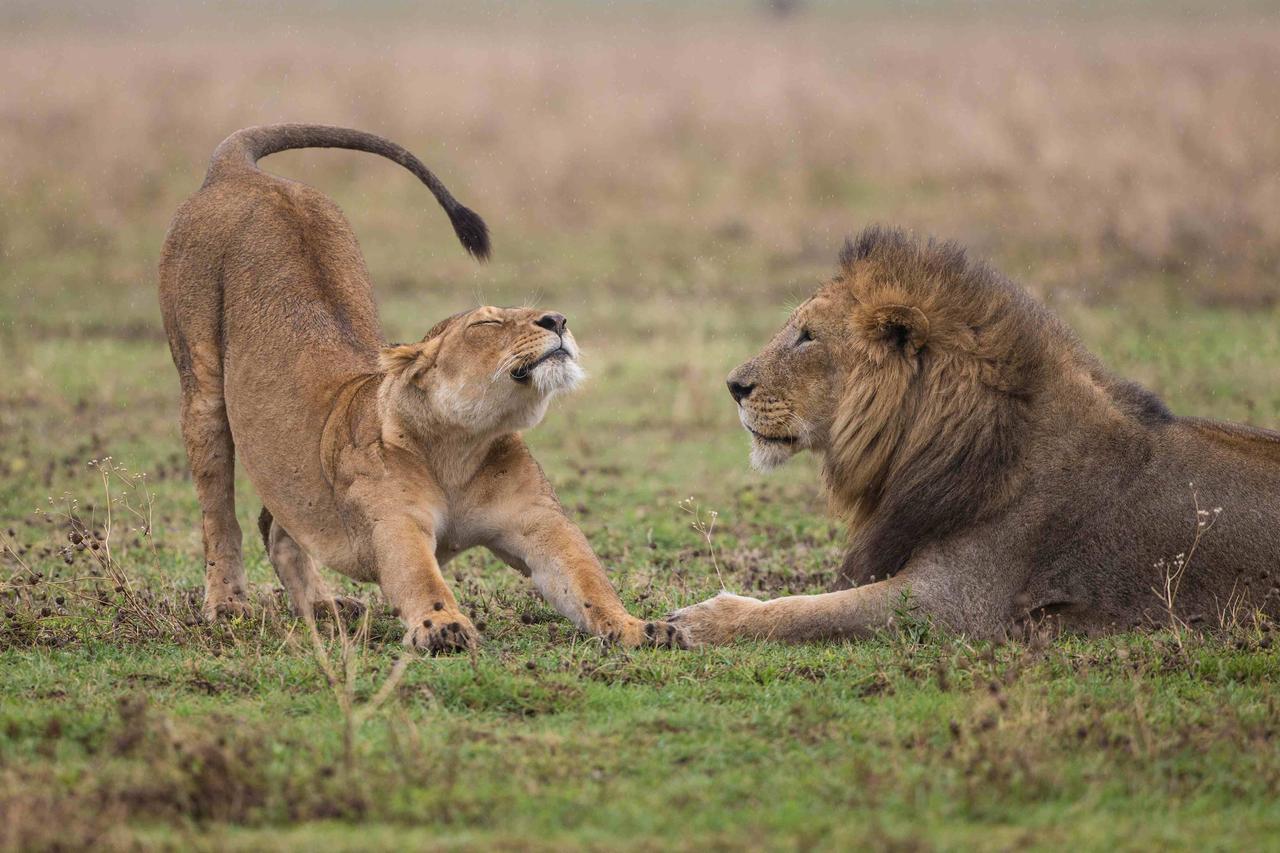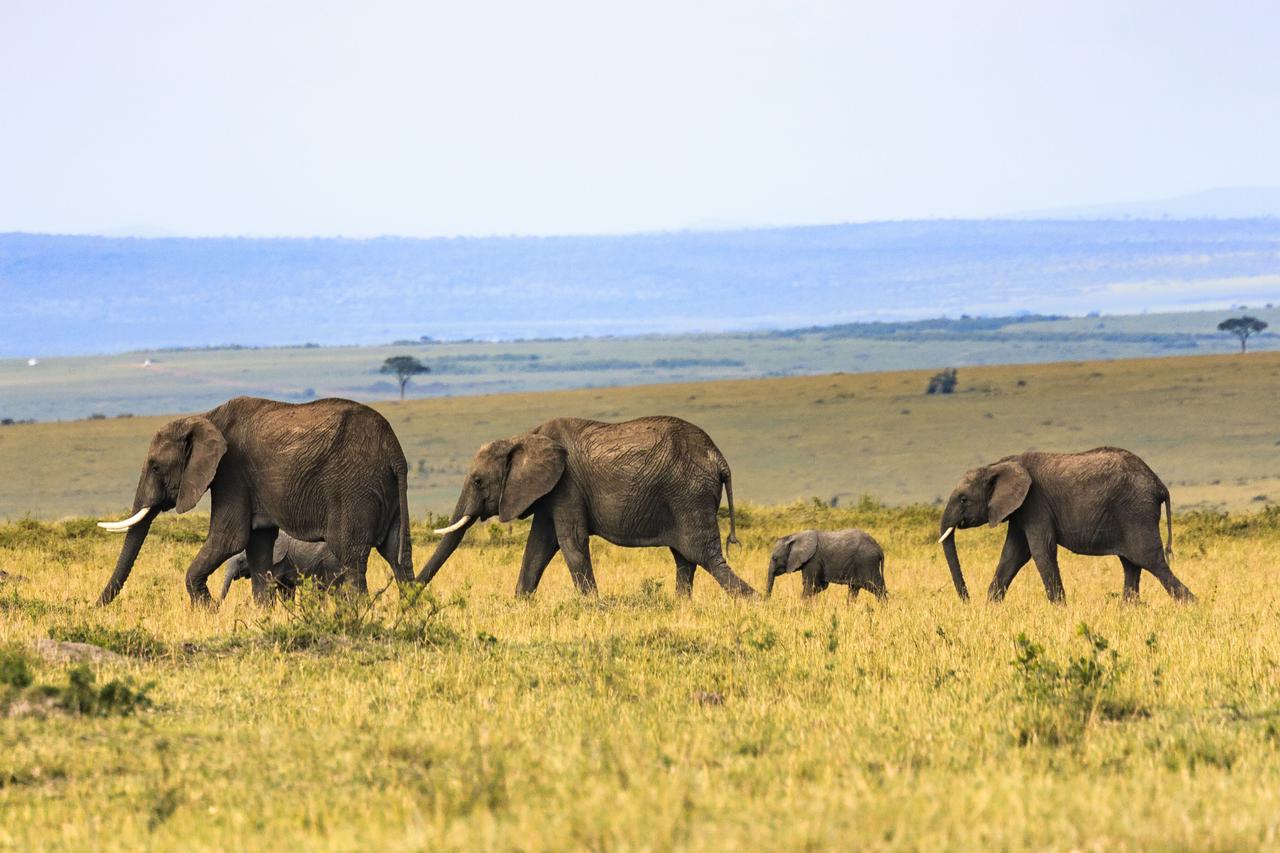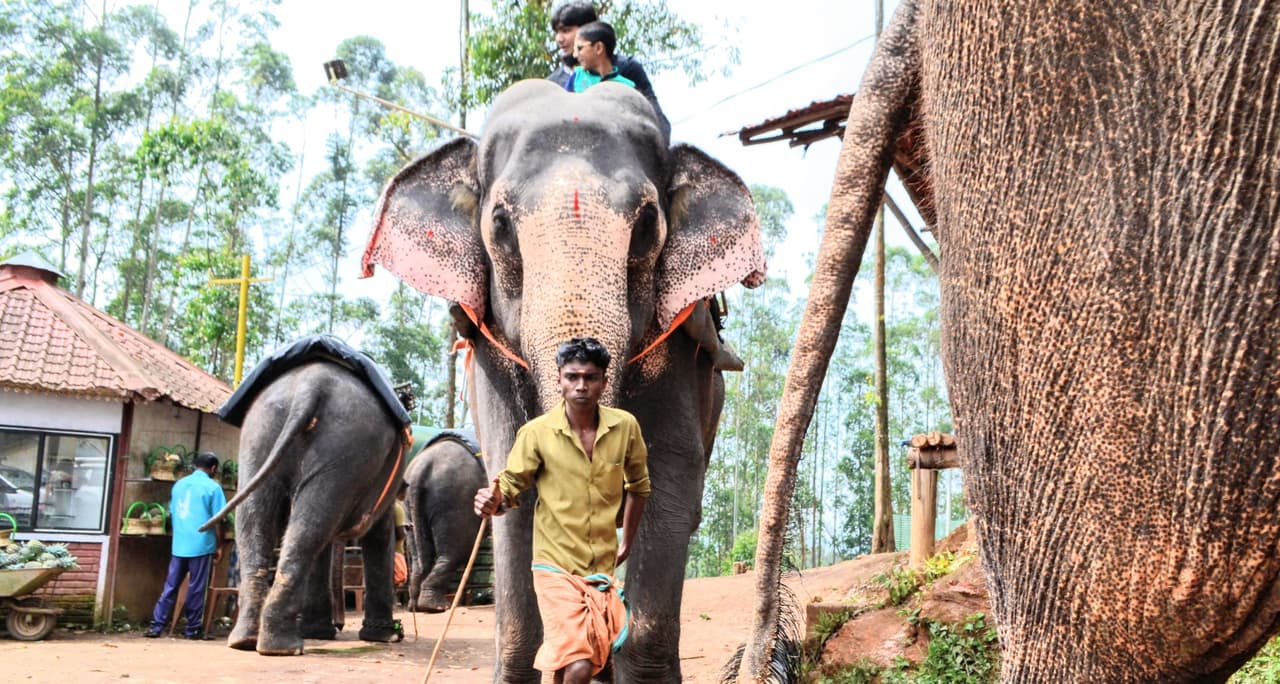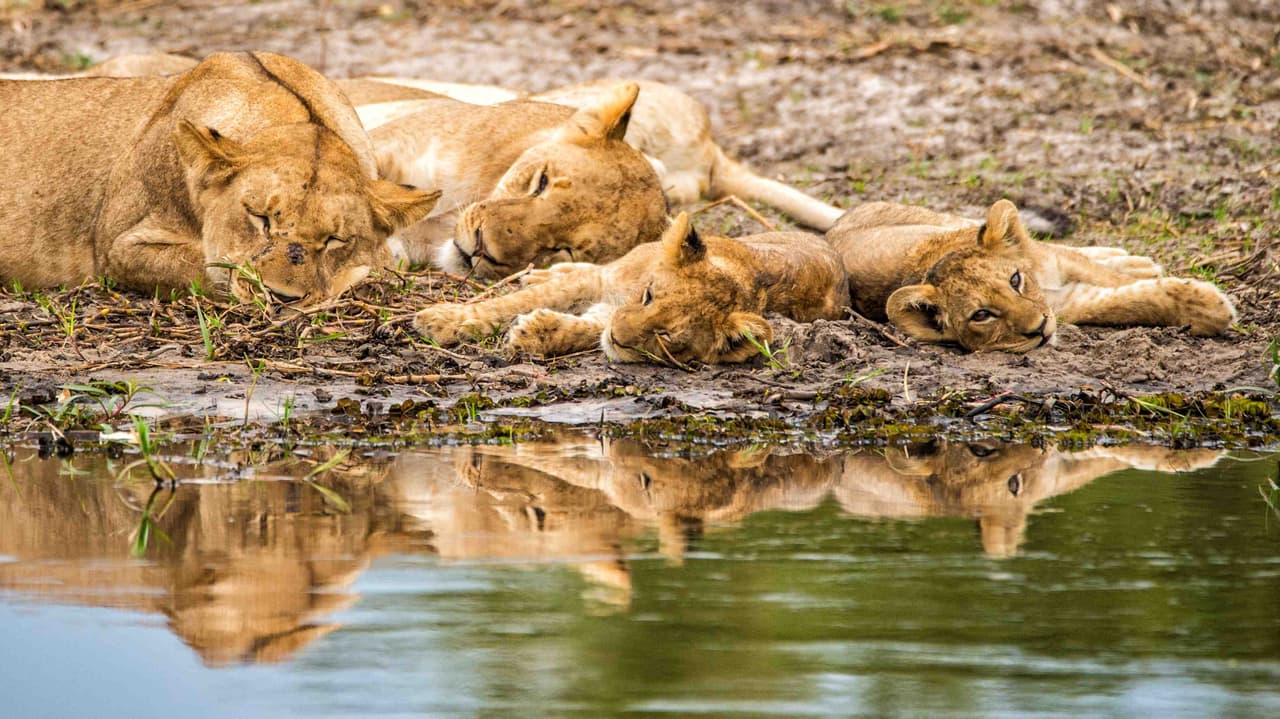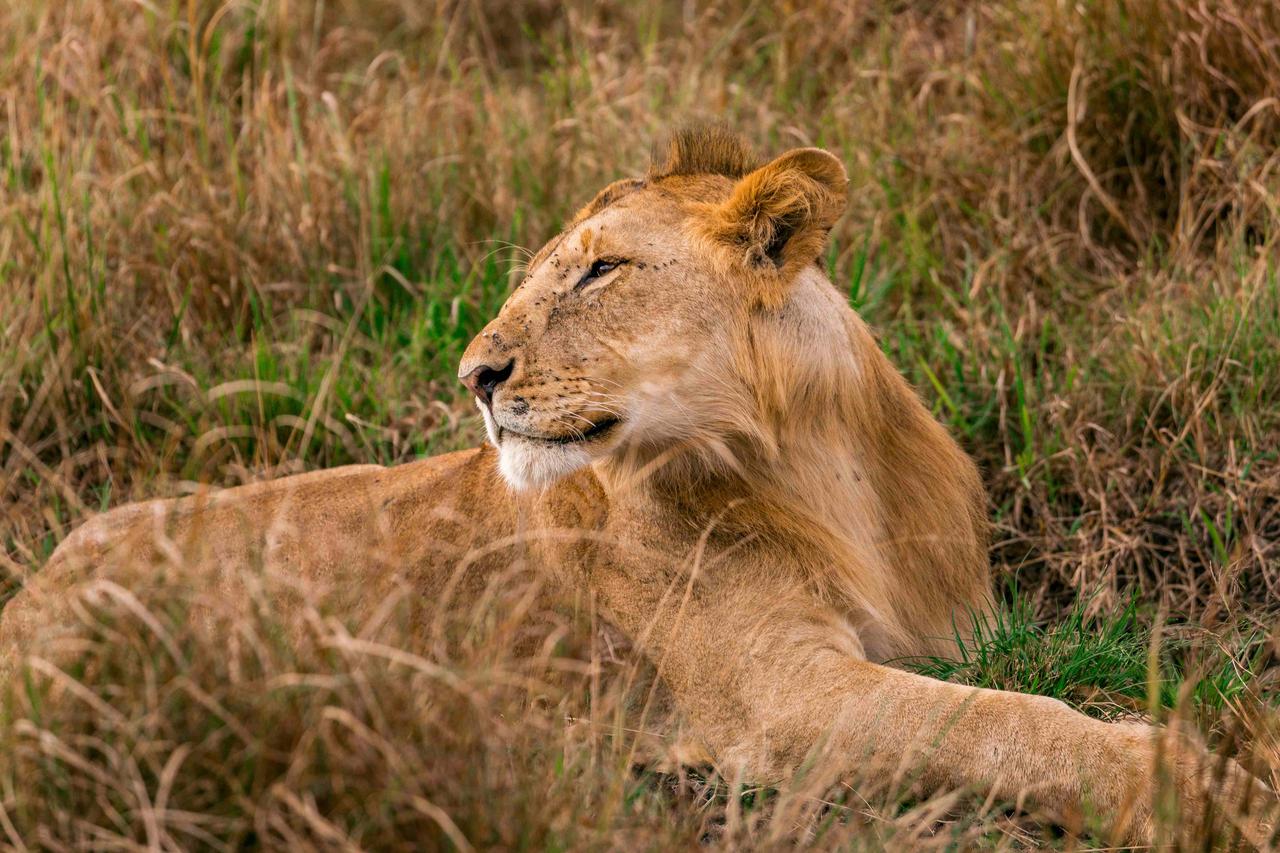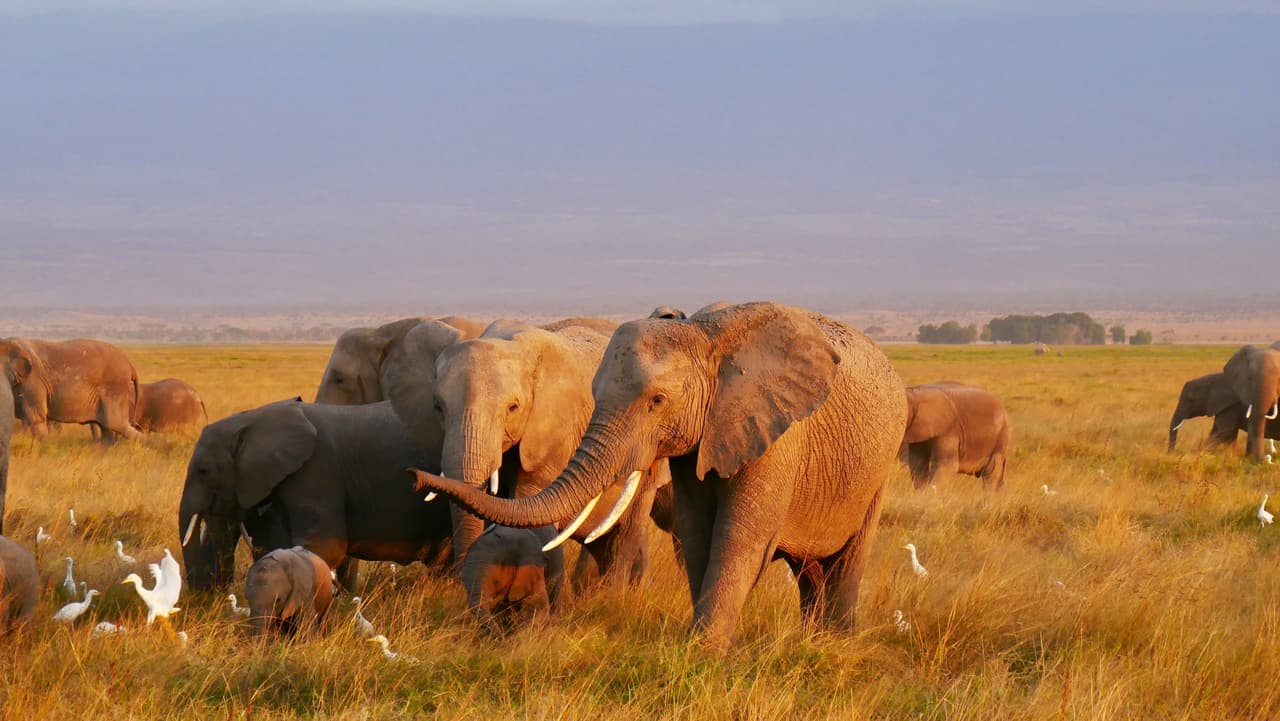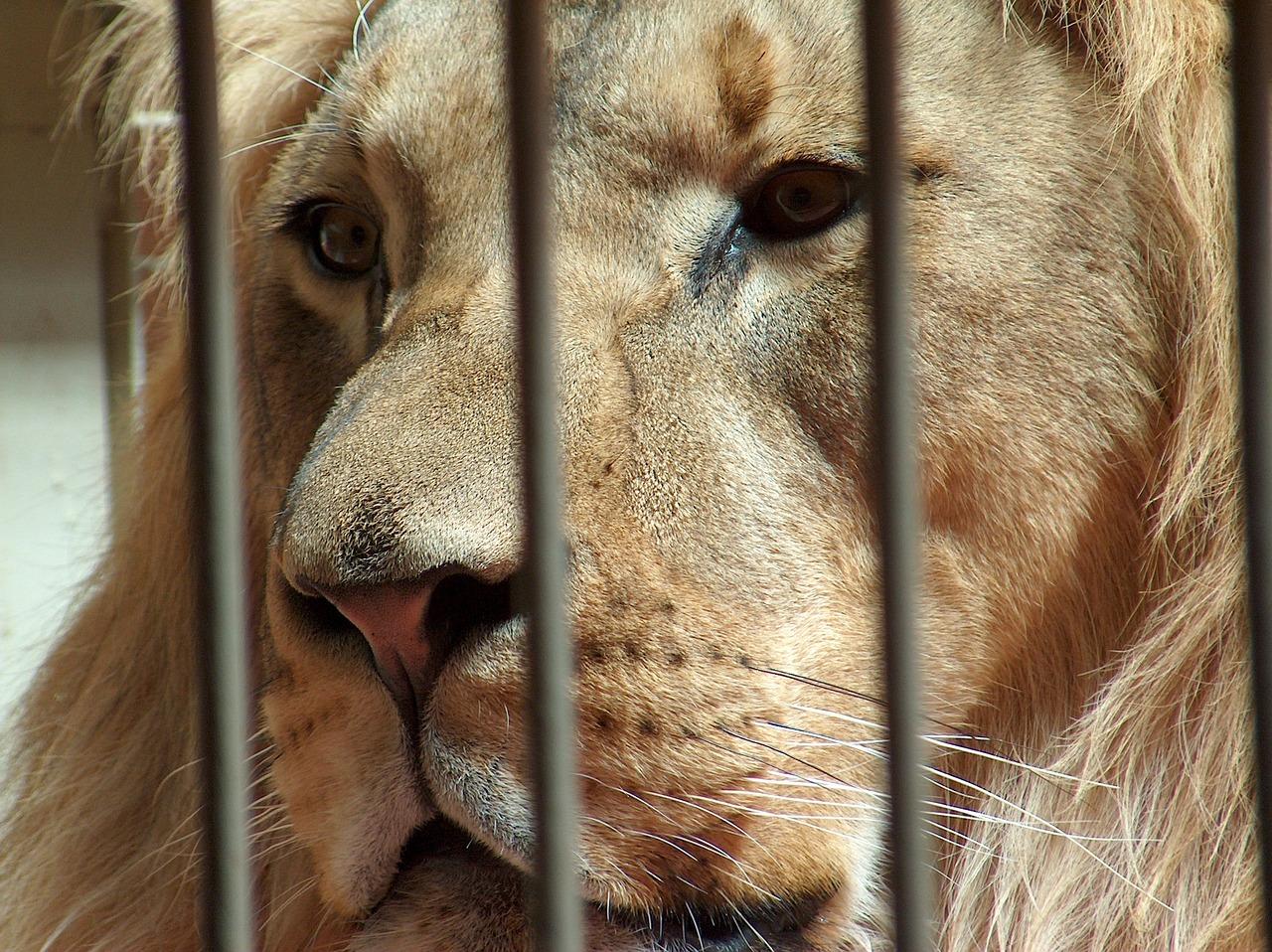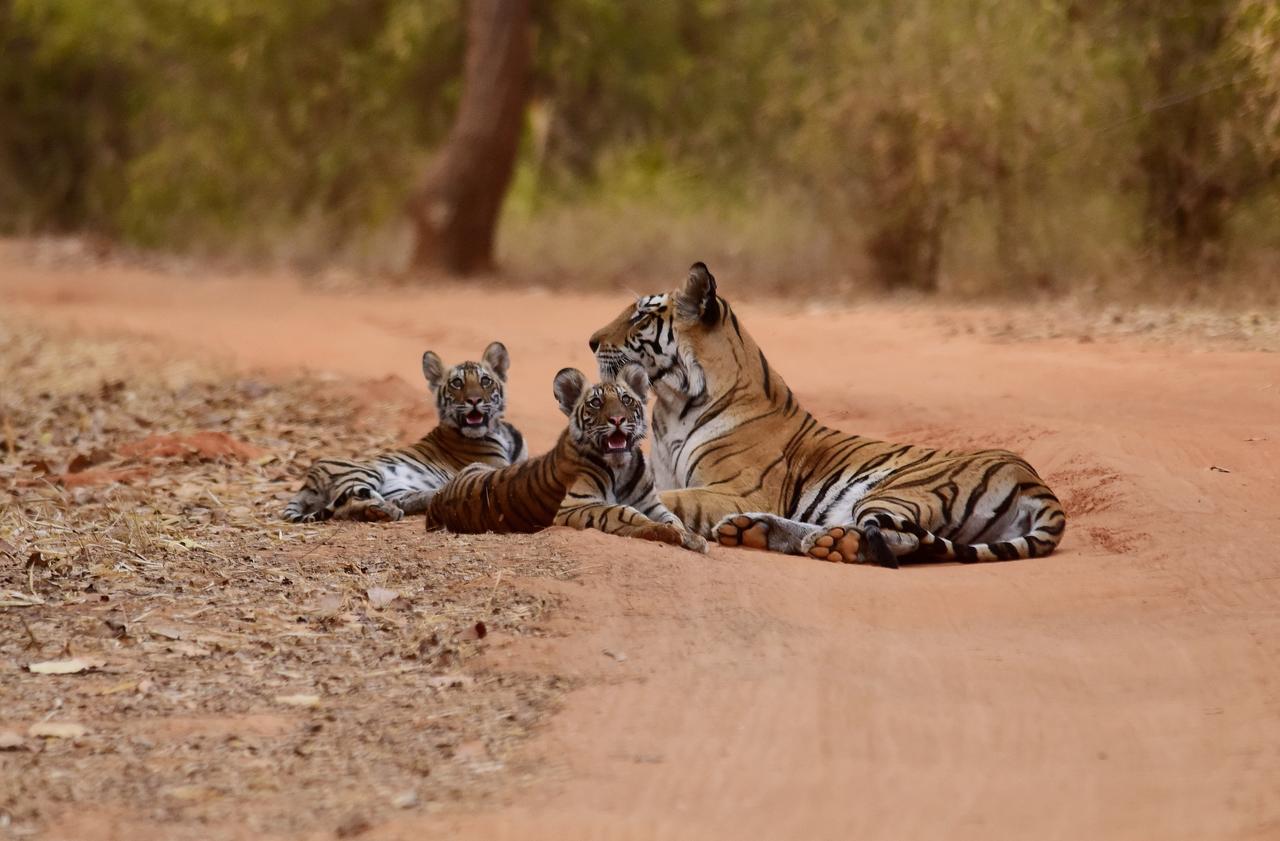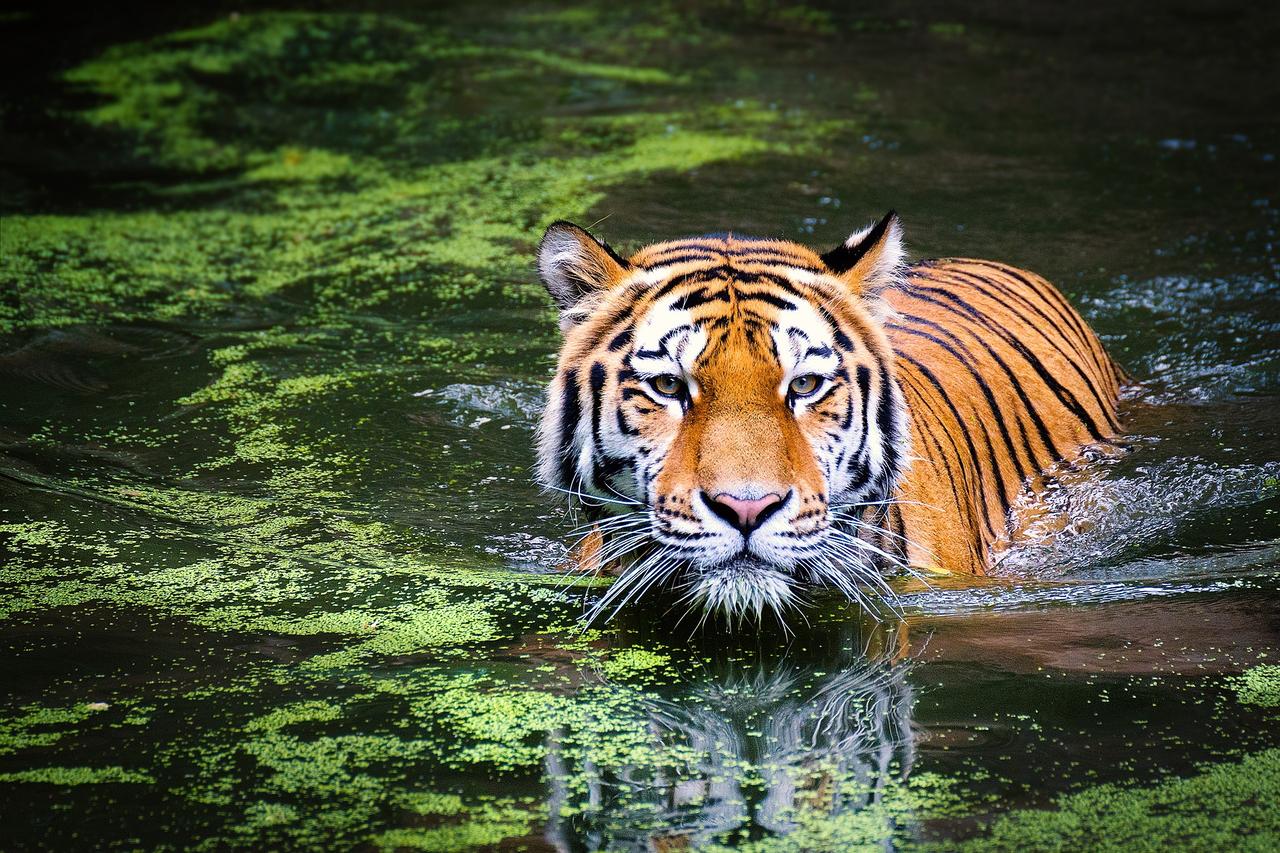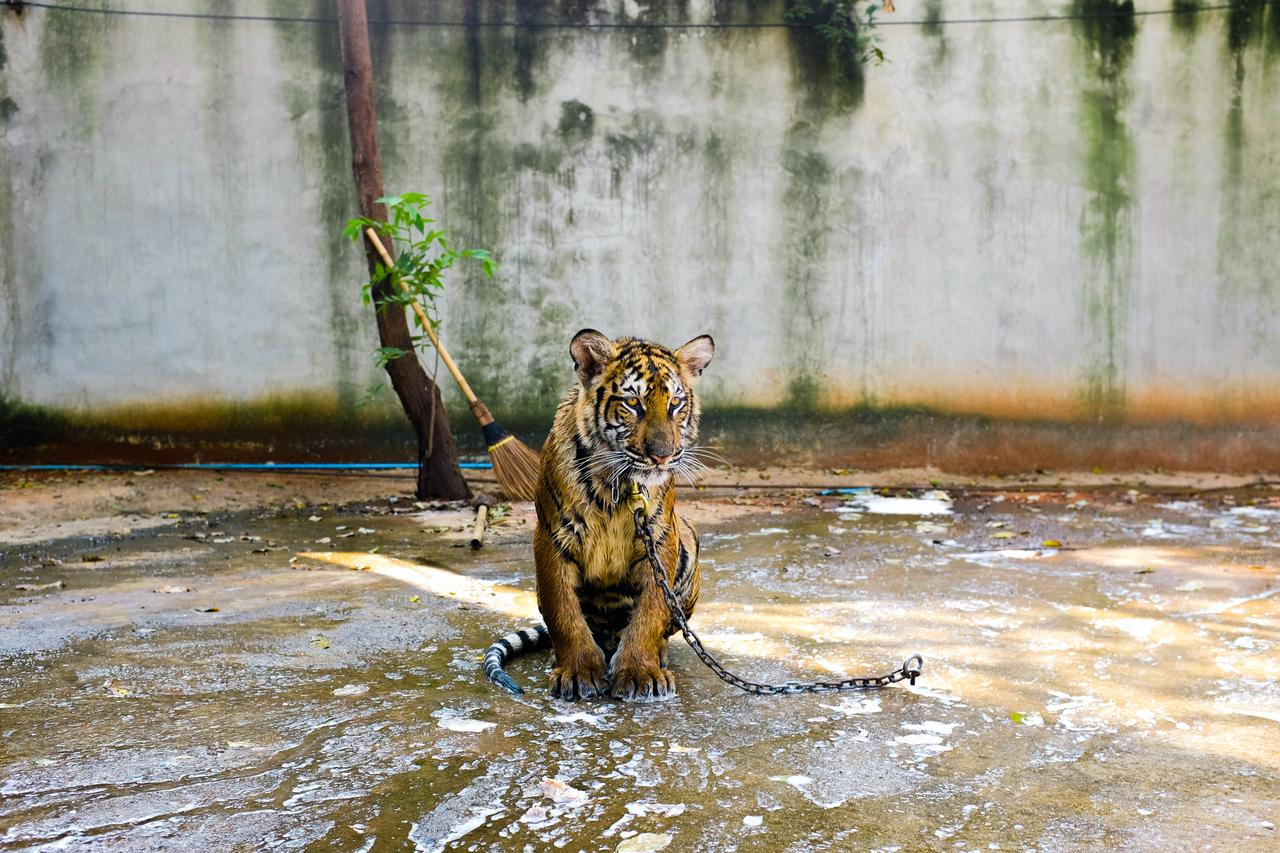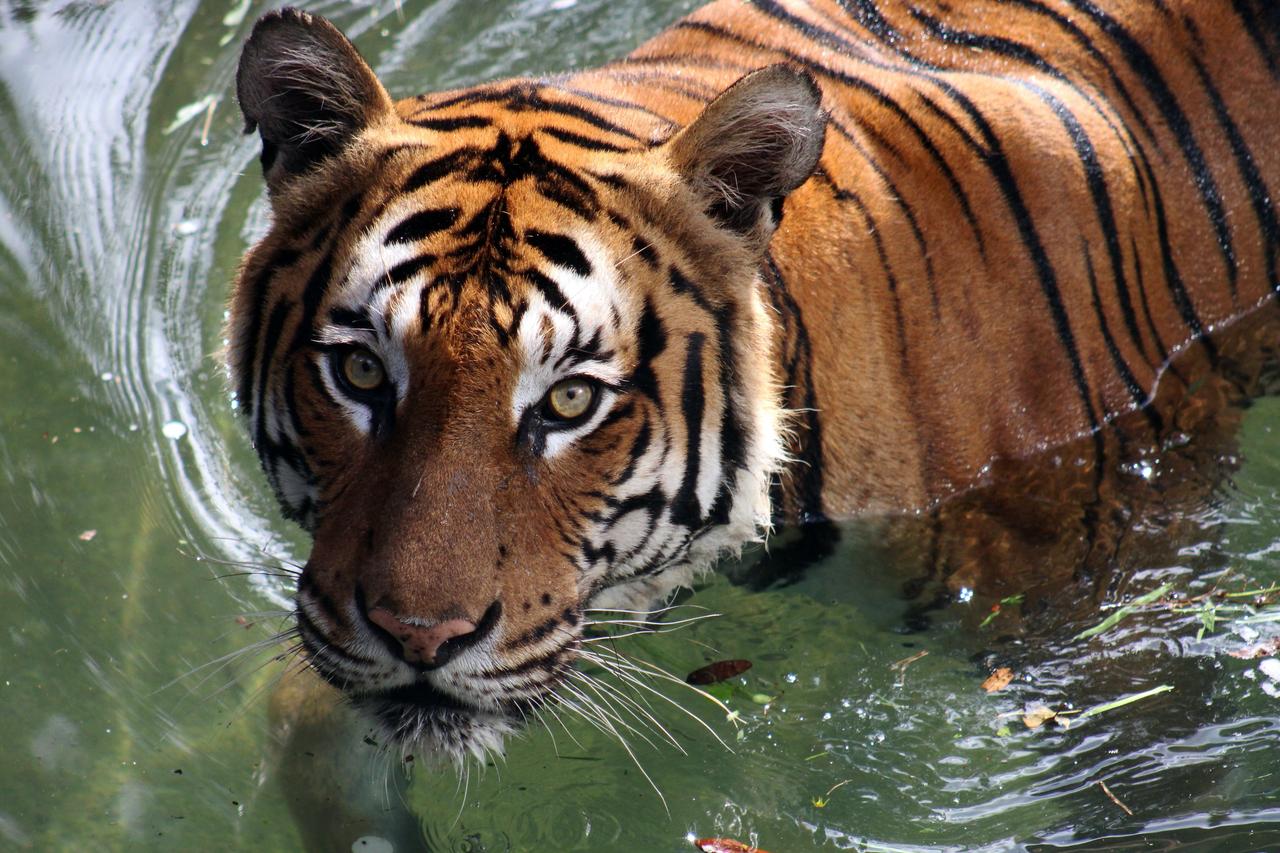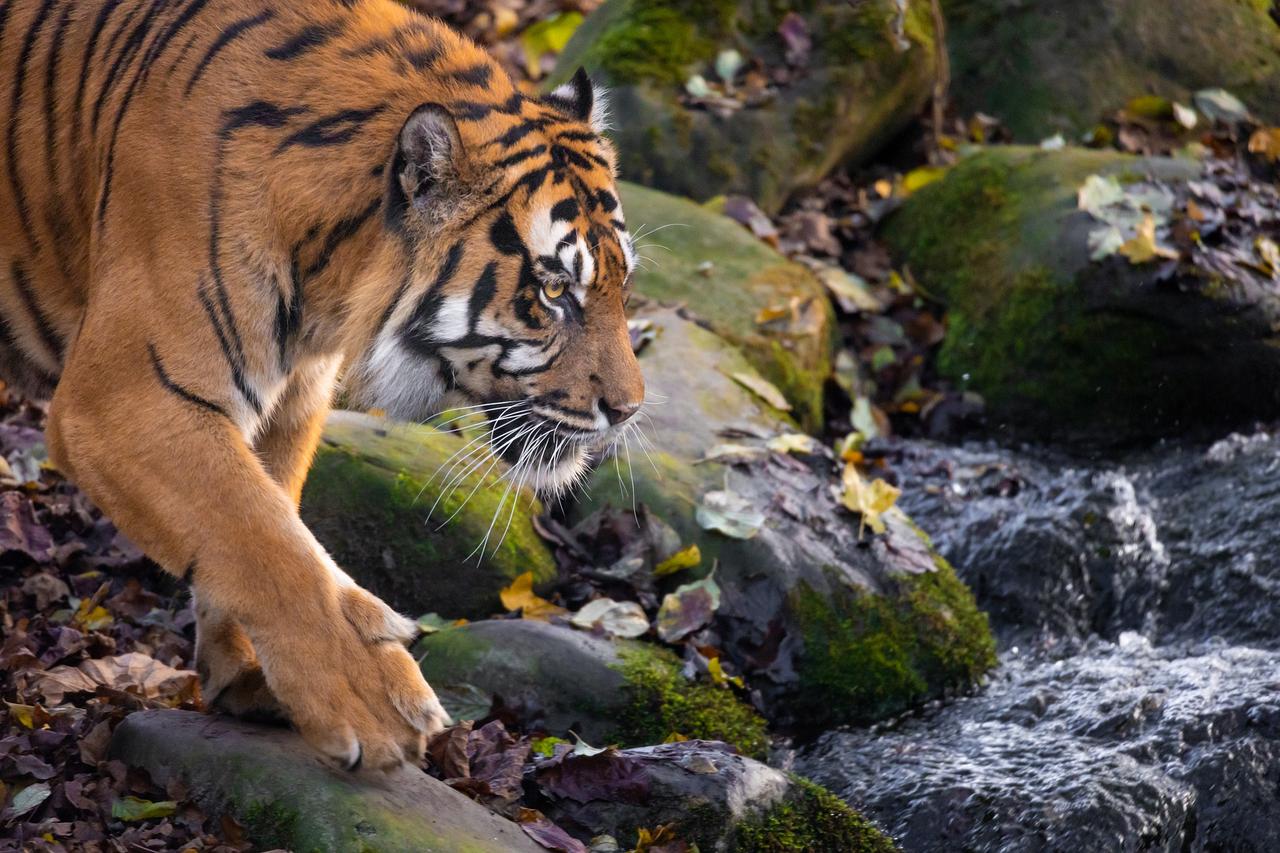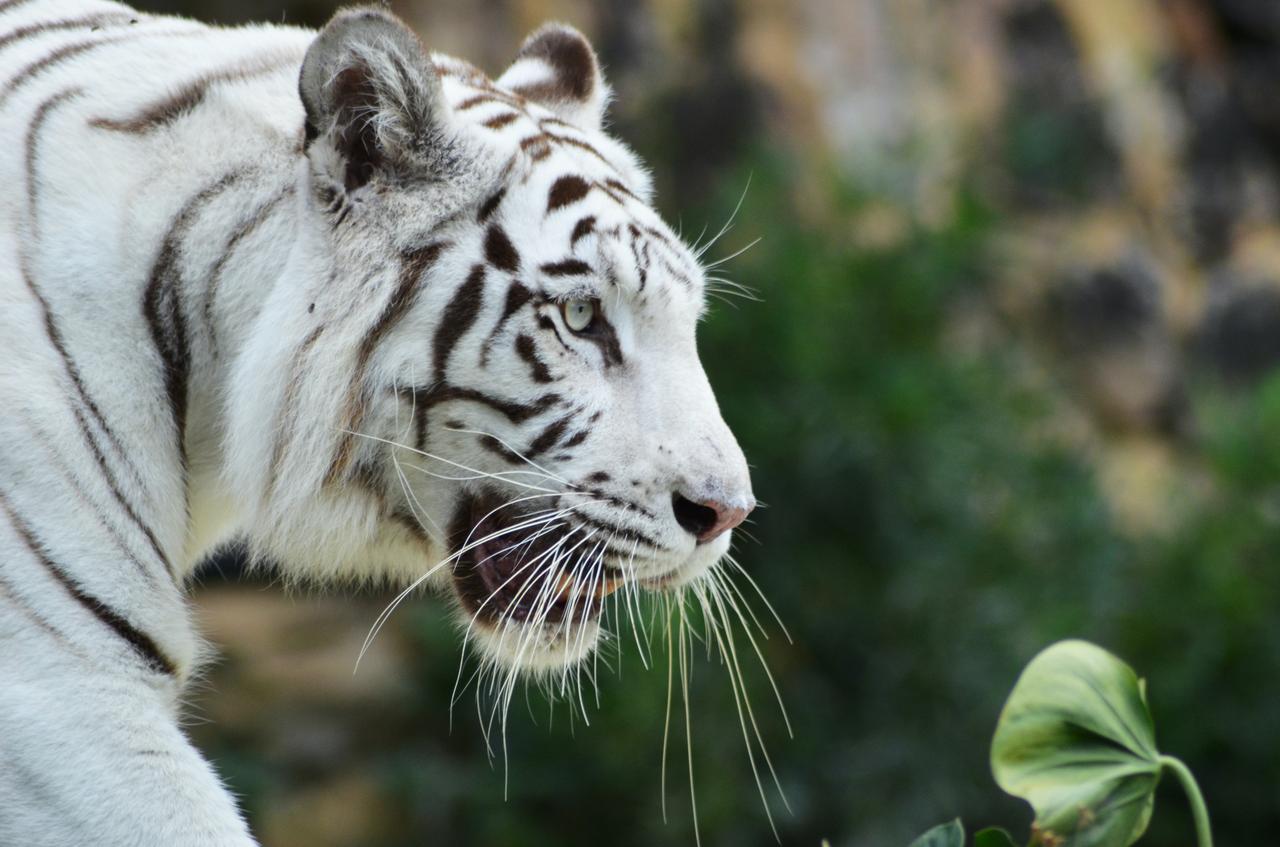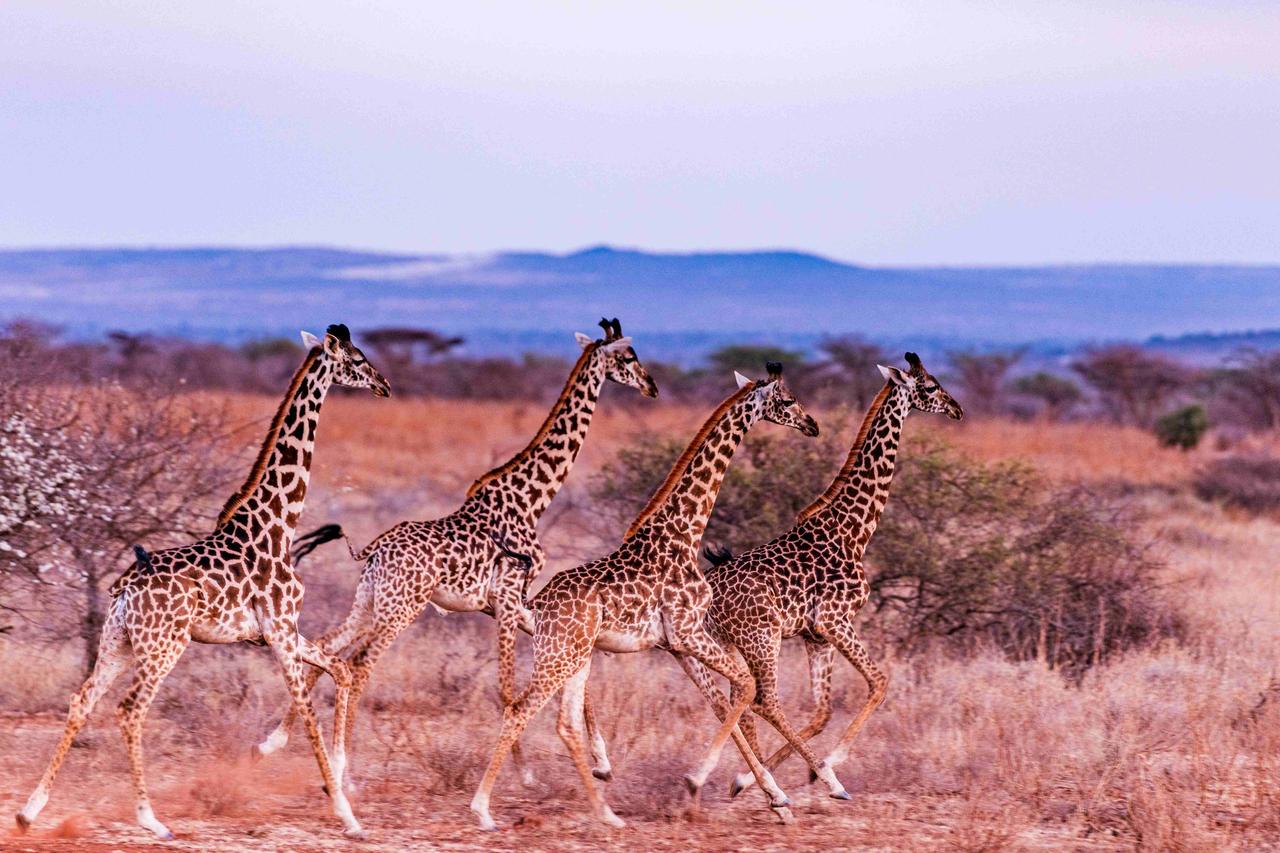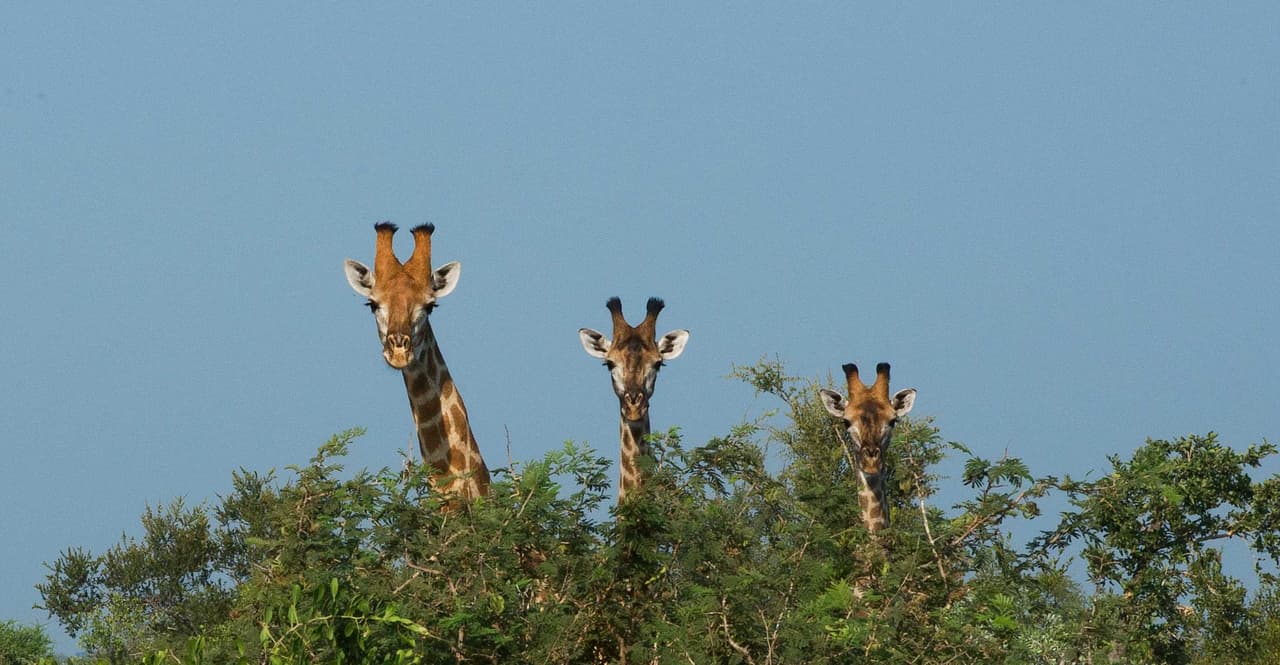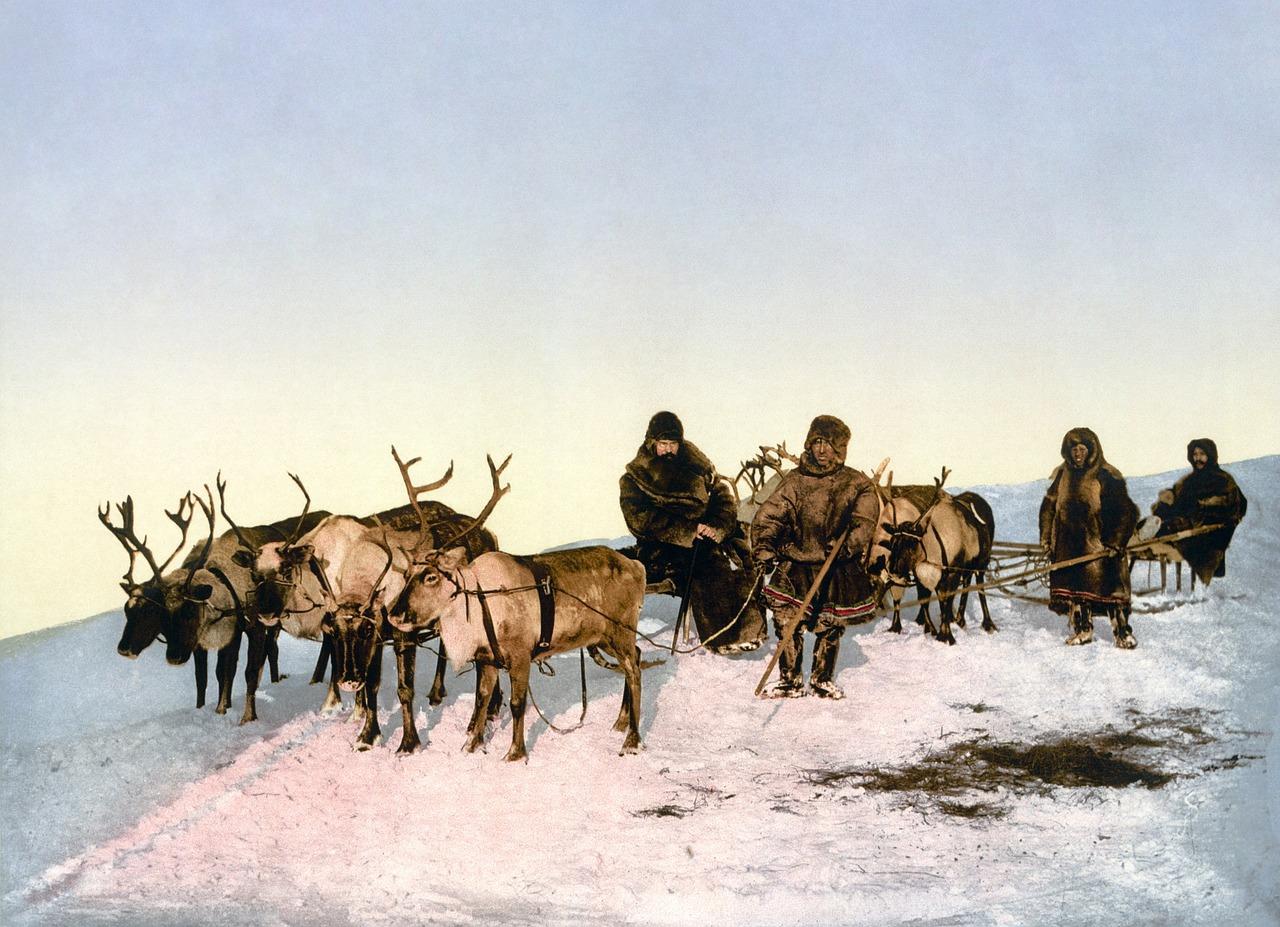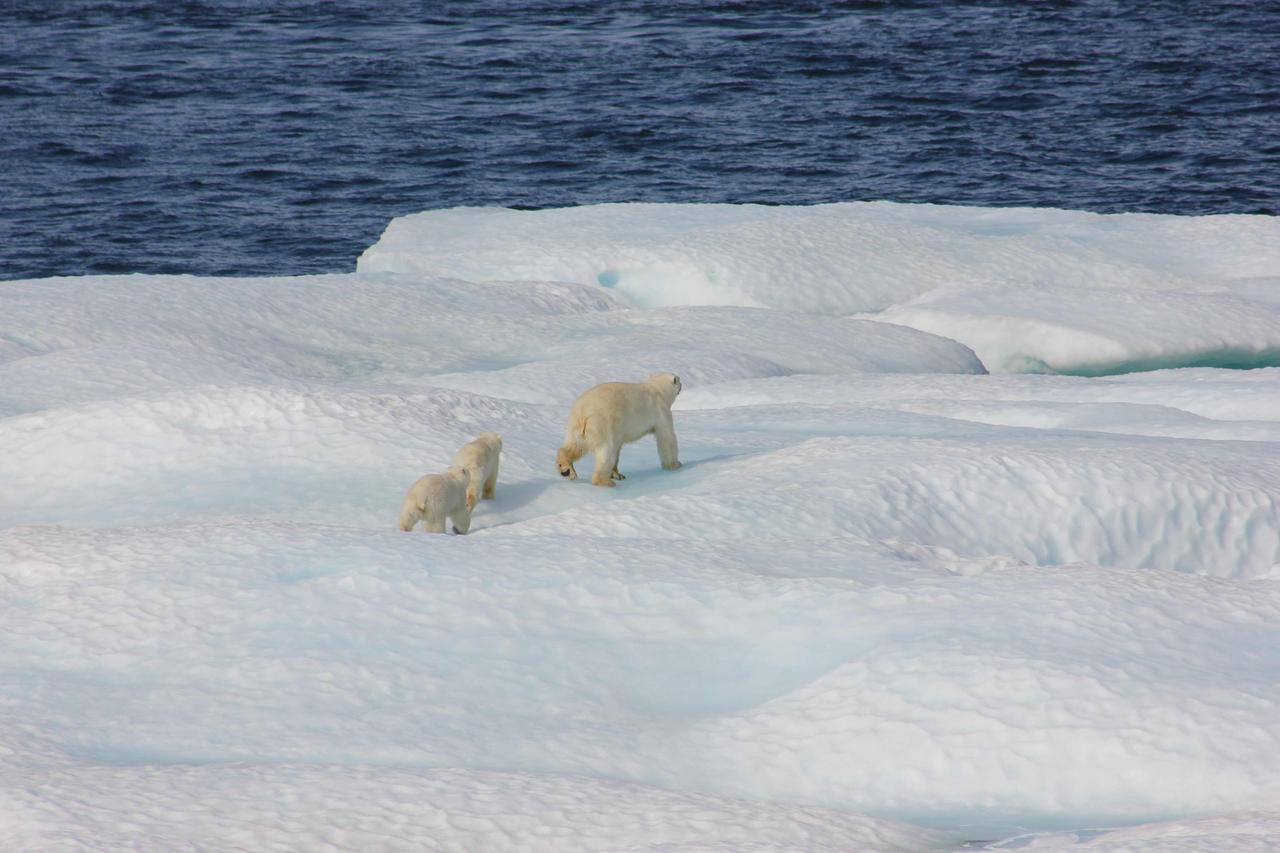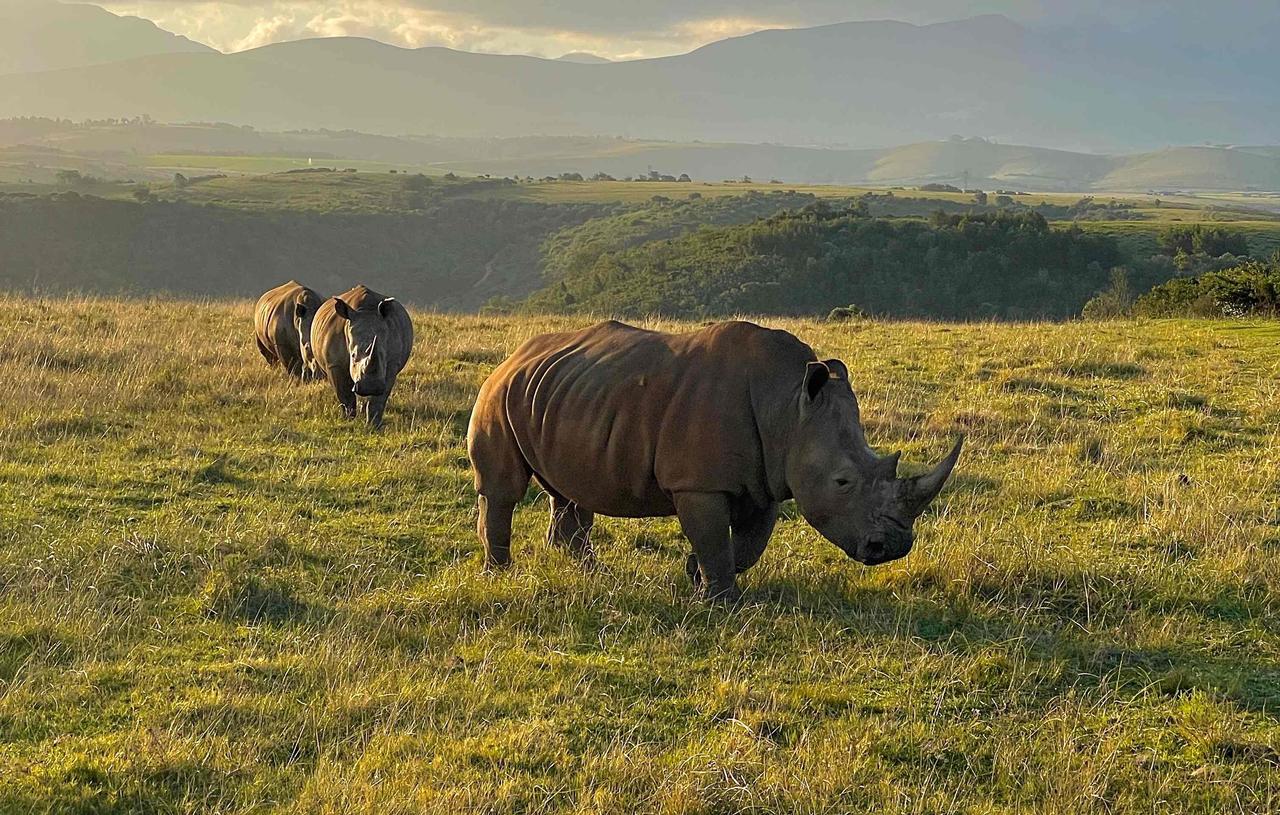
Poachers are still on the prowl. But thanks to these brave people, rhino populations are bouncing back. This WORLD RHINO DAY, learn more about the anti-poaching efforts happening around the world.
Rhinos need a hero — and anti-poachers are stepping up to the plate in a time of urgent need. Despite strict laws throughout Africa and Asia that aim to protect wildlife; 548 rhinos were poached in 2022. Only 27,000 rhinos exist in the wild today — including the endangered Sumatran rhino (population less than 80) and the northern rhino (population 2). Yet, these endangered animals continue to be poached.
Why rhinos are poached
Rhinos are poached for their horns; which are considered both a status symbol and medicinal ingredient. Between 2012 and 2021, 7.5 tonnes of rhino horns were confiscated from the illegal poaching trade. Though rhinos are located throughout Asia and Africa, most of the poaching occurs in Africa.
Rhino horns are converted into medicines in the form of pills and tonics; to be shipped worldwide. Rhino horns are also considered status symbols. The largest market for illegal rhino horns is in China and Vietnam. Here, the horns are gifted as valuables — Asian rhino horns are typically priced at $400,000 per kg and African rhino horns are typically worth $20,000 per kg. The motivation to earn a profit often outweighs the consequences for poachers.
Repercussions for poaching
As rhinos become more endangered, poaching laws are becoming stricter. In 2017, a poacher in Malawi who killed a black rhino was sentenced to 36 years in prison. This strict punishment followed the strengthening of a bill enacted by the Malawi government to combat poaching.
Anti-poaching laws and regulations, like Malawi’s, work. In Namibia, poaching decreased 63% after an anti-poaching law with increased penalties was released. The fine for poaching was increased to $1.43 million — paired with a 25 year prison sentence.
Similar efforts worldwide tackle poaching through legal action.
Meet the people fighting poaching
Independent anti-poaching groups, like the all-female Black Mambas, have been formed to help combat poaching — going face-to-face with poachers. The Black Mambas were formed to help save the rhinos by removing snares and persuading poachers to stop; all without any weapons of their own. The Black Mambas believe in a peaceful approach that prioritizes community involvement, sometimes even recruiting members from villages that the poachers come from.
The Black Mambas are only the beginning — anti-poaching actions are taken by ordinary people every day to ensure the survival of the rhinoceros for generations to come. Nepal’s wildly successful community based anti-poaching efforts serve as proof that committed groups like the Black Mambas have the potential to stop poaching — once and for all.
You can also take action, wherever you are. Donate now to VAKOVAKO to support rhinos as well as other ENDANGERED species conversation.









